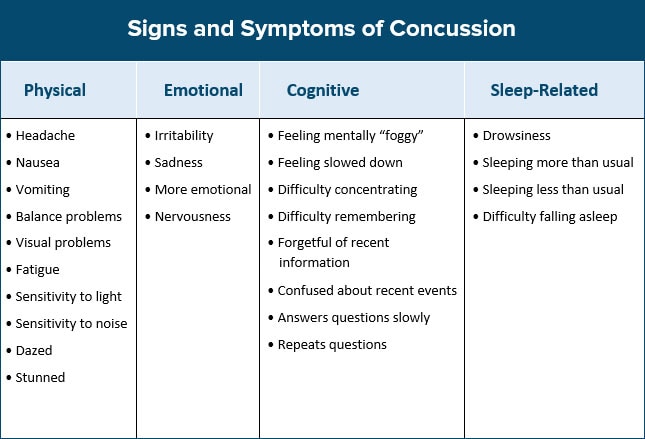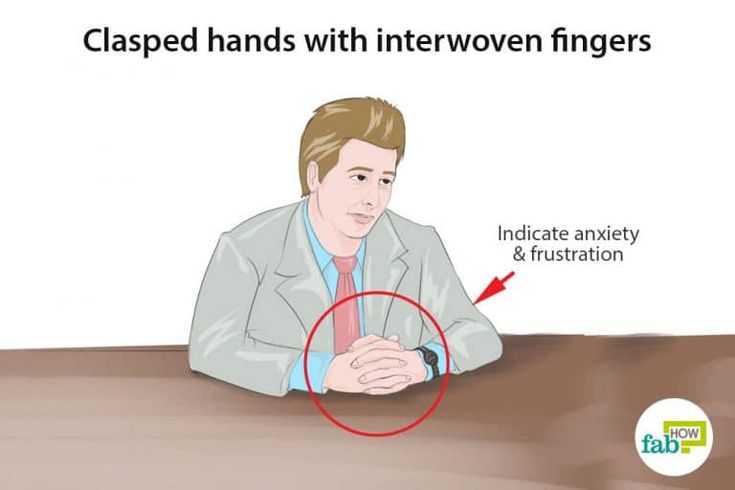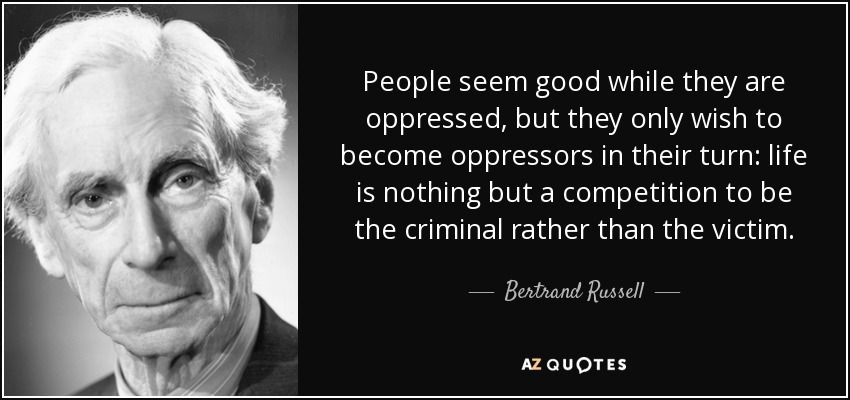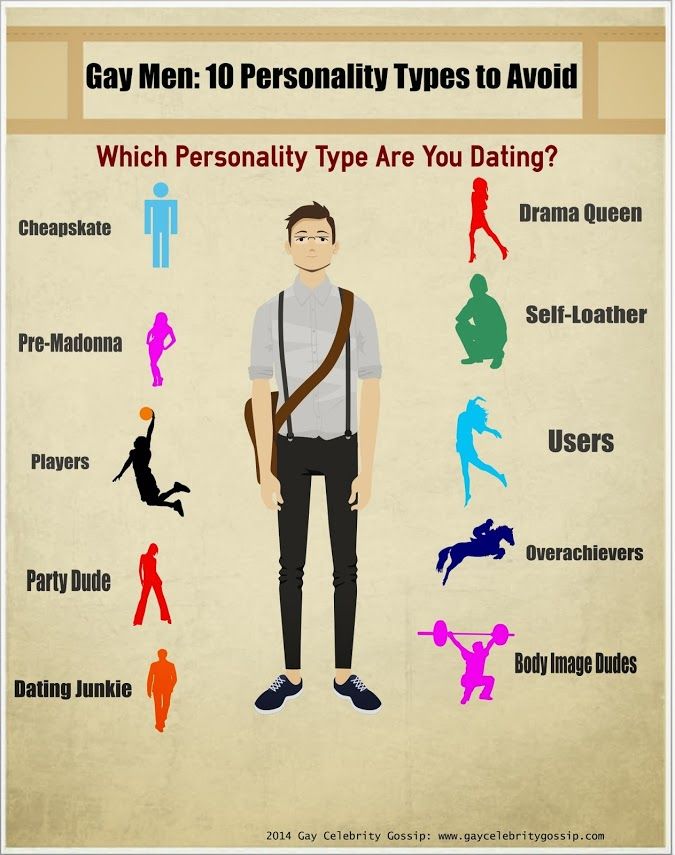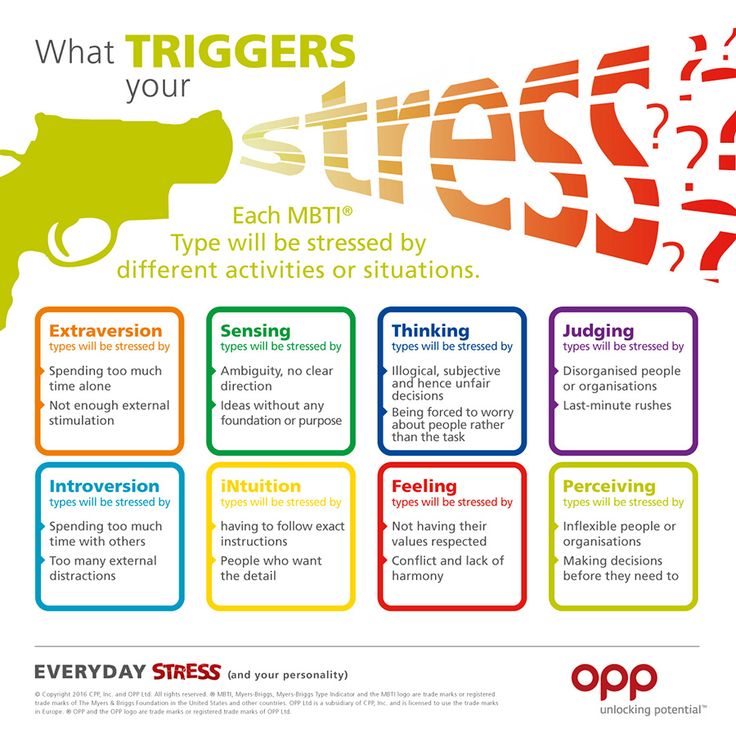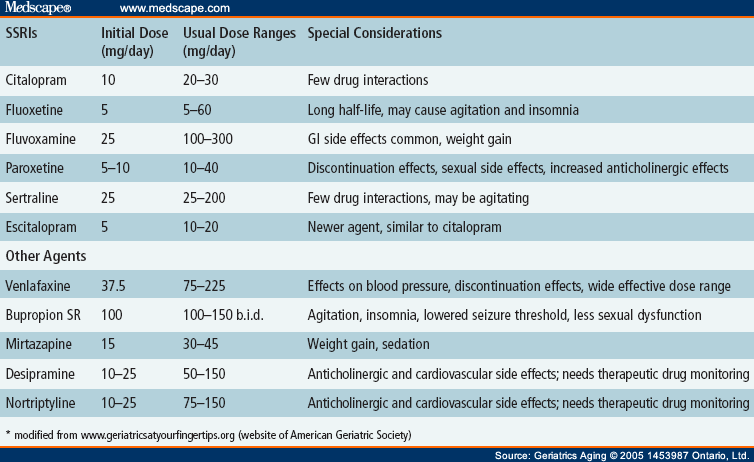Family dysfunction symptoms
Is my family dysfunctional? - MHA Screening
A version of this article was originally published by Supportiv.
A dysfunctional family is characterized by “conflict, misbehavior, or abuse” [1]. Relationships between family members are tense and can be filled with neglect, yelling, and screaming. You might feel forced to happily accept negative treatment.
There’s no open space to express your thoughts and feelings freely. You aren’t able to thrive and feel safe within your own family… And that’s just the tip of the iceberg.
Signs of a Dysfunctional Family
No family acts the same—and all families experience some level of dysfunction. But there are some clear signs you can look for to indicate bigger problems:
Addiction
Addiction can lead to so many different unhealthy relationships among family members. ’12-Step’ programs, and even government-funded research studies, now recognize the effects addiction can have on the emotional health of a family – even from generation to generation [2].
Perfectionism
Expectations of perfection are wholly unrealistic—they just damage relationships. Families set themselves up for failure and anger by always expecting their kids or relatives to get everything right.
Expecting everything to be perfect puts a lot of pressure on everyone involved. Living with the knowledge you’ll never be good enough for your family’s jacked-up expectations can damage your emotional health in the long term.
Abuse or neglect
Abuse usually indicates active harm like verbal, physical, or violence. Neglect is inactive harm, either physical or emotional: not feeding your child, or withholding love, interest, or attention.
Both abuse and neglect are extremely problematic. Families can get caught in cycles that normalize harmful treatment. Those who grow up in these families then go on to exhibit the same behaviors to their kids, causing a cycle of neglect or abuse [3].
Unpredictability and fear
It’s hard to establish trusting relationships when you live in constant uncertainty or fear.
If you’re never sure how your parents are going to respond, you’re constantly anticipating conflict and can’t express yourself honestly. Instead, you’re just waiting for their next criticisms.
You might even want to avoid things that should be enjoyable, like vacations or holidays.
Conditional love
Dysfunctional family members may be incredibly manipulative with their affection, giving love only when they want something out of you.
Withholding love makes you want to constantly please them, and doesn’t give you the chance to relax and be yourself.
Lack of boundaries
Examples of a lack of boundaries within the family include:
- A controlling parent, who makes life decisions for you and ignores your opinions
- An intimidating parent, who actively discourages you from asserting yourself or even just speaking your mind
- An older child taking on the role of a parent.
No one has their own space. Nobody respects each other’s autonomy.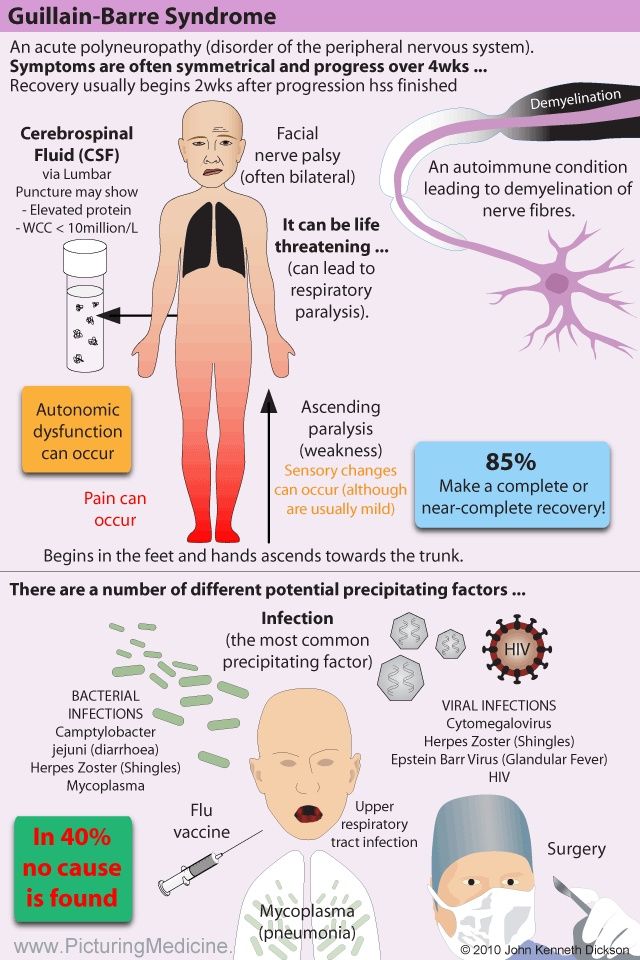 Living like this can lead to unhealthy, codependent relationships later in your life.
Living like this can lead to unhealthy, codependent relationships later in your life.
Lack of intimacy
Your family doesn’t show many signs of closeness. There is no honest emotional support. Your relations are superficial, rather than emotionally available.
Relationships like these make it hard for you to be close with anyone, since you haven’t practiced doing so before.
Poor communication
There’s no sense of understanding between you and your family members, so you can’t voice your opinions. There’s always tension, and you don’t feel safe communicating with them.
No one talks about their problems and instead, everyone just sweeps issues under the rug [1].
And when it comes to planning, nobody respects each others’ time and preferences. There are no open lines of communication.
Understand how dysfunctional behavior affects you
If you recognize some of the signs of dysfunctional family behavior listed above, you may already recognize their effects on you.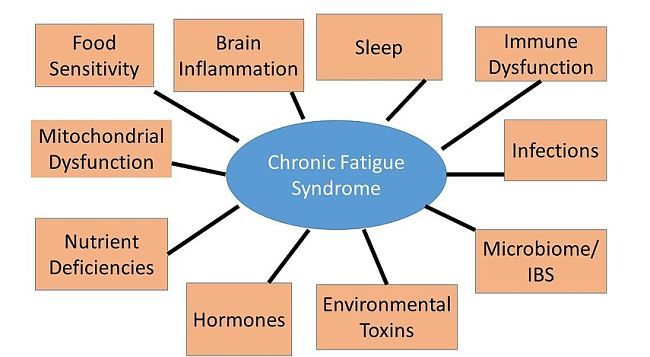 However, it can be a long process for some to see these signs.
However, it can be a long process for some to see these signs.
Having low self-confidence or low self-esteem are examples of how your family can disrupt your life. Social anxiety and unexplained aches and pains can even be part of it.
It’s common for these traits to repeat themselves throughout generations. Your parents may have picked up on cues from their parents, which their parents picked up from their family. Many of us even grow up thinking that our dysfunctional families’ behavior is normal.
Do not despair: It is possible to break this cycle. The most powerful tool for breaking dysfunctional patterns is your own awareness and willingness to self-examine.
Dealing with a dysfunctional family
There are so many reasons for family members to act problematically—from finances, all the way to their past and how their family members treated them. It’s common for these traits to repeat themselves throughout generations. Your parents may have picked up on cues from their parents, which their parents picked up from their family.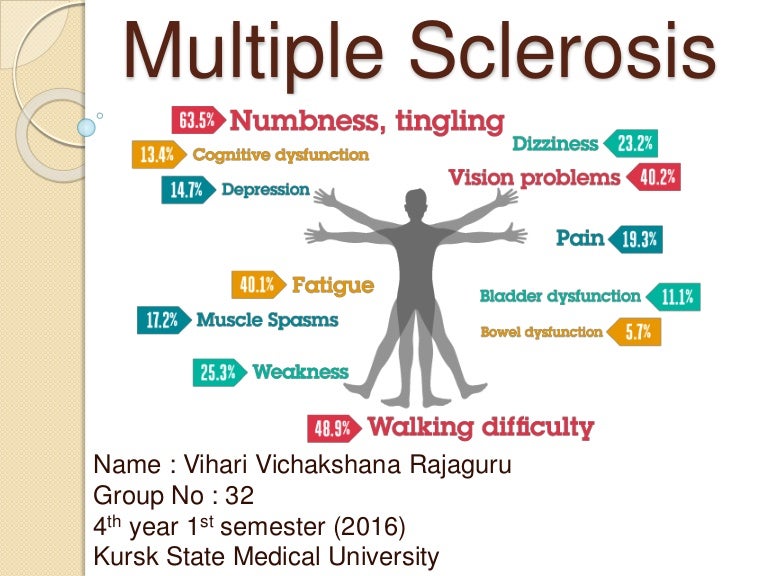 While none of this is your fault, you might still feel a personal burden.
While none of this is your fault, you might still feel a personal burden.
It’s not your job to change your family. You can only take responsibility for yourself and your own actions.
Dysfunctional families follow certain patterns that suck you in and make it hard to move on. Setting boundaries with your family is one of the most important steps you can take to escape the negative effects. It also helps to find support outside your family.
It’s also a good idea to take a mental health test to see if you are experiencing mental health effects that may need to be addressed.
Show References
- Arora & Prakesh. (2018). Dysfunctional Family – Characteristics and Effects. Firstcry Parenting. Retrieved from https://parenting.firstcry.com/articles/dysfunctional-family-characteristics-and-tips-to-overcome-its-effects/?amp
- Center for Substance Abuse Treatment. (2004). Impact of Substance Abuse on Families. In Treatment Improvement Protocol (TIP) Series, No.
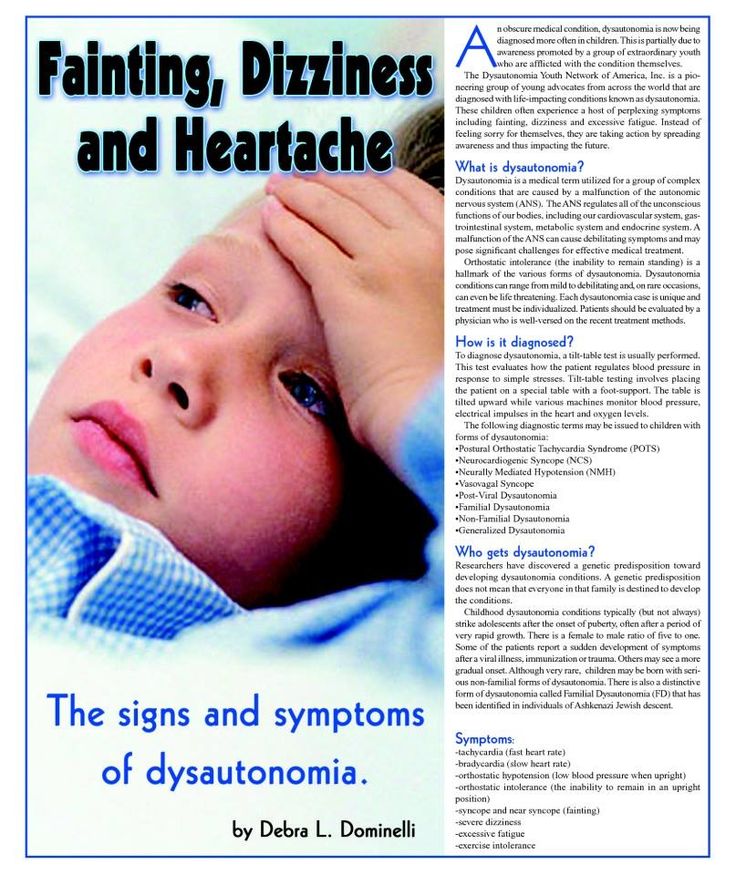 39. Substance Abuse and Mental Health Services Administration (US). Retrieved from https://www.ncbi.nlm.nih.gov/books/NBK64258/
39. Substance Abuse and Mental Health Services Administration (US). Retrieved from https://www.ncbi.nlm.nih.gov/books/NBK64258/ - Jaffee et al. (2013). Safe, Stable, Nurturing Relationships Break the Intergenerational Cycle of Abuse: A Prospective Nationally Representative Cohort of Children in the United Kingdom. Journal of Adolescent Health 53(4 0), S4-10. Retrieved from https://www.ncbi.nlm.nih.gov/pmc/articles/PMC4212819/
39 Signs Of A Dysfunctional Family
When I was growing up, my household looked different from the idyllic families that were portrayed on the television shows I enjoyed.
I often wondered if my dysfunctional family was the only one that had so much tension, anger, and unhappiness.
As a highly sensitive child, I often believed it was my fault. If I could just be easier, funnier, more pleasing to my family, then everything would be okay.
These feelings, along with the stress I was experiencing at home, wreaked havoc on my mental health and self-esteem.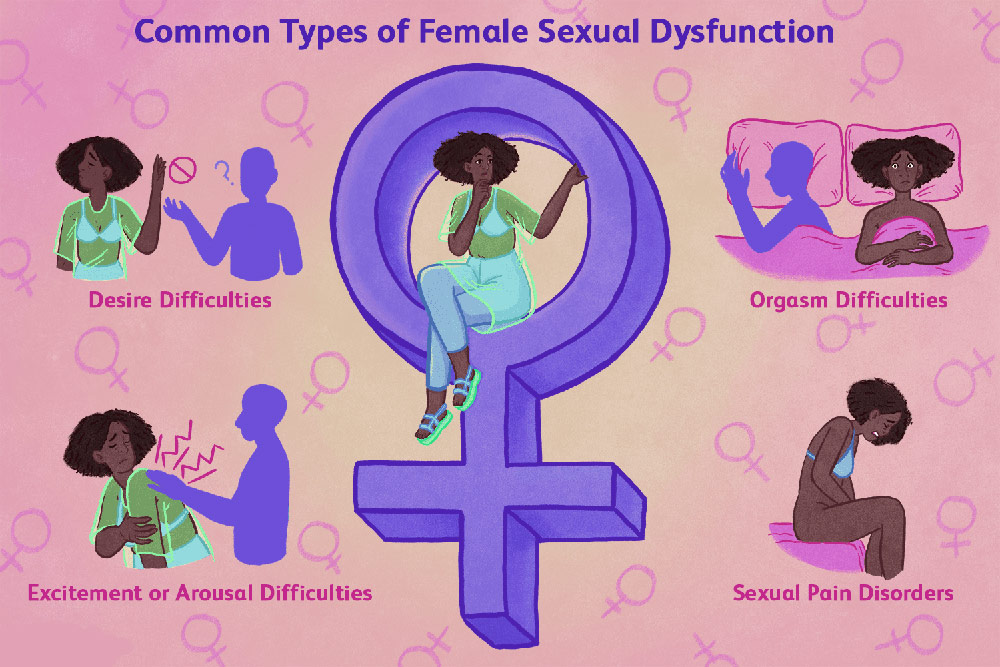
If this is something you can relate to, I am here to tell you that you are not alone.
Living in a dysfunctional family, no matter what that looks like for you, will have a long-term effect on your life — even years after you’ve grown up and live in a healthier environment.
If you’re still in a dysfunctional family, it’s important to you see your situation for what it is and take the steps to change it — or leave it.
What’s In This Article
[hide]
What Is a dysfunctional family?
A family is dysfunctional if they regularly experience conflict, misbehavior, or abuse in a way that causes some family members to accommodate such inappropriate actions.
Are all families dysfunctional? According to Terence T. Gorski, M.A., N.C.A.C., author of Getting Love Right: Learning the Choices of Healthy Intimacy, “In fact, in the United States today, more people come from dysfunctional families than healthy families. It is estimated that approximately 70 to 80 percent come from dysfunctional families.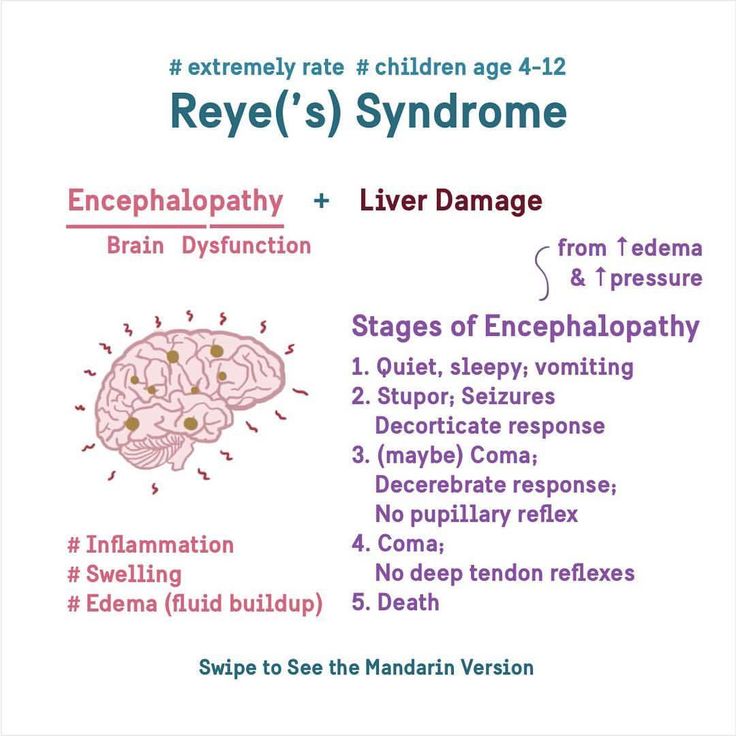 ”
”
What are the causes of a dysfunctional family? Here are some to consider:
- Dysfunctional families are often the result of one overtly abusive parent and one codependent parent who turns a blind eye to the misbehavior.
- Dysfunctional parents may learn their behavior from their own parents and replay their past experiences in their new families.
- In some cases, when one parent does not object to the dominant parent’s abuse, the children are led to believe the dysfunction is their own fault. Sometimes children grow up in these families believing the situation is normal and acceptable.
- Although single-parent families and blended families aren’t dysfunctional by nature, these situations do increase the chances of dysfunction occurring.
Dysfunctional Family Characteristics
What are the characteristics of a dysfunctional family? Although dysfunctional families are all different, they often share some principal aspects.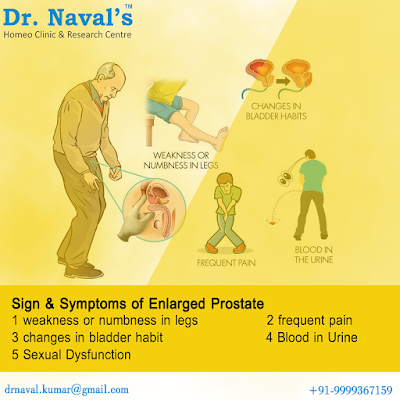 Some defining traits in a dysfunctional family include:
Some defining traits in a dysfunctional family include:
- Lack of empathy
- Poor communication
- Emotional or physical abuse
- Drug or alcohol abuse
- Perfectionism
- Fear and unpredictability
- Untrustworthiness
- Denial
- Disrespect of boundaries
- Control
- Guilt-tripping
- Excessive criticism
- Triangulation
Dysfunctional Family Roles
Each member of a dysfunctional family has a role that keeps the cycle going.
- The enabler (or caretaker) protects and takes care of the problem parent in order to keep the family going. He or she takes on the burden and responsibilities of the problem parent to prevent them from going into a crisis.
- The hero takes on the role of making the family look good. This over-achieving person is good at making everything on the outside look normal.
- The scapegoat is often the child who exhibits negative behaviors that take the attention off of the main problem in the family.
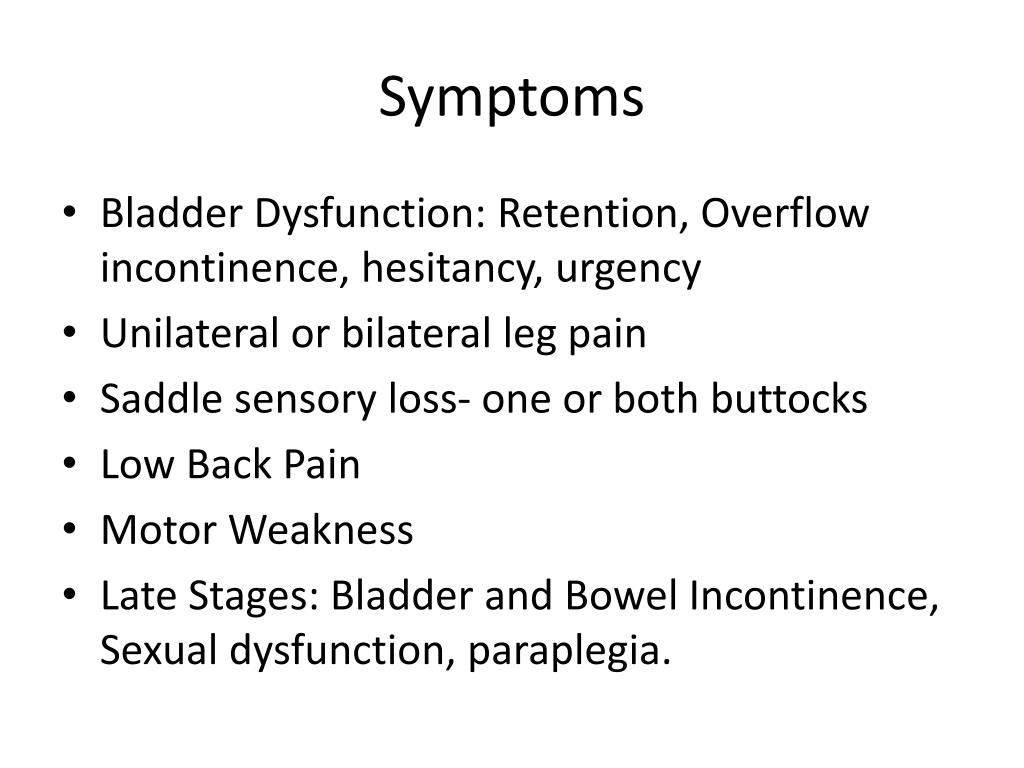
- The lost child is the quiet one who tries to escape the situation. This child often avoids interactions with other family members, leading to a lack of social development in the long run.
- The mascot works to lighten the mood and break up the tension within the family. They often use humor to distract from their problems instead of facing them.
If you are living in a dysfunctional family, you can probably identify the people who are in these roles in your household.
Here are some common unhealthy signs of a dysfunctional family.
Look at these examples of dysfunctional families to see if any of these are going on in your family:
1. Vacations are very stressful.
Vacations should be a relaxed time for your family to make memories together and enjoy some free time outside of your normal routine.
If you find traveling to be extremely stressful when you are with your family, this may be a sign of a dysfunctional family .
2. You think about how you will do things differently.
If you already know as a child that you will parent children one day differently than the way you are being parented, this is a red flag.
Children should not be spending time noticing things in their household that they would never want to be repeated.
3. Your parents have separate rooms.
Sometimes it is normal for parents to sleep in different beds, especially if their schedules differ and they don’t want to disturb the other one while he or she is sleeping.
However, if your parents never spend (or spent) time in the same room together, they might have a toxic relationship.
4. Your family lives in silence.
Silence is dysfunctional when it is used as a punishment. It disregards the worth of other people.
A milder form of the silent treatment is demanding that other people guess what’s wrong with you.
The problem here is not placing value on your relationship with the other person enough to actually talk about your troubles.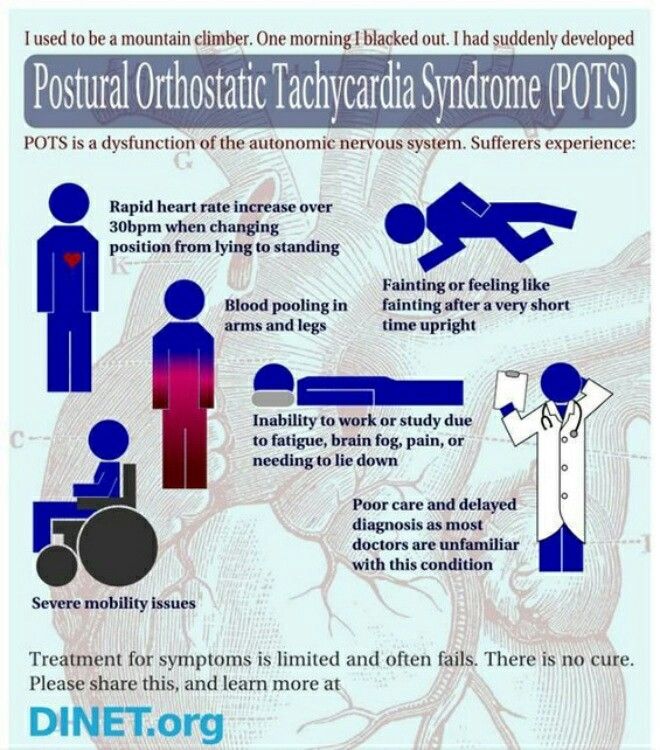
5. You experience triangulation.
Triangulation occurs when one family member confides in another about a third family member.
An example of this would be a mother and father talking “through” their child by asking the child to ask the other parent for updates on a personal or adult matter.
This puts the burden of adult issues on a child and is an unhealthy alternative to direct communication.
6. You give or get double messages.
Double messages occur when someone says one thing and does another. This could be as serious as an abusive parent saying, “I love you” or “I’m so sorry,” after hitting a child.
This confuses the recipient and blurs the meaning of the spoken words.
These messages also confuse one’s intuition. For example, if a mother tells a child, “Your father does not have a drinking problem, he just likes to have a few drinks after a long workday,” then this contradicts the evidence the child has seen.
7. There is enmeshment.
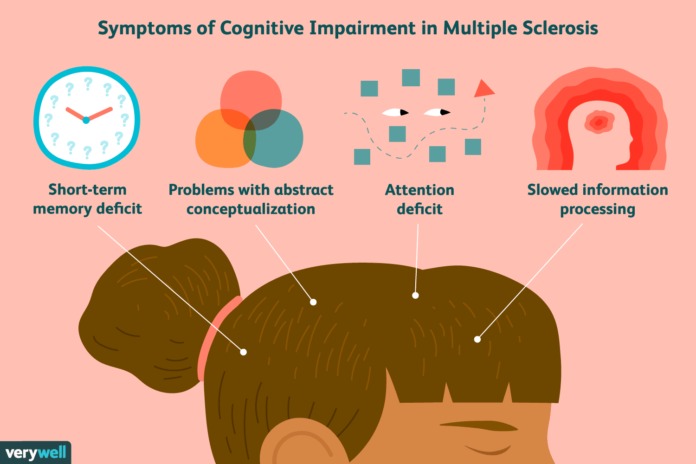
If one member of a family spends an extreme amount of time dealing with the problems of another family member, or they take personal responsibility for another family member’s emotions, this is enmeshment.
Boundaries exist in healthy families where everyone is responsible for dealing with their own problems.
This doesn’t mean people don’t ask for help, but it also doesn’t mean family members blame each other for their personal problems.
It does mean that a family member doesn’t feel personally responsible for the solution.
8. You rarely bring friends home.
This happens because of the fighting, the condition of the house, substance abuse, or the fear that someone in your family will embarrass you.
This isolation also occurs when the parents of your friends don’t allow them to visit you because of the environment of your home or the behavior of your parents.
9. You never stand up for yourself.
If you find yourself in situations that are clearly not your fault but default to thinking that you could have done something differently, it may be a sign that you are living in a dysfunctional family.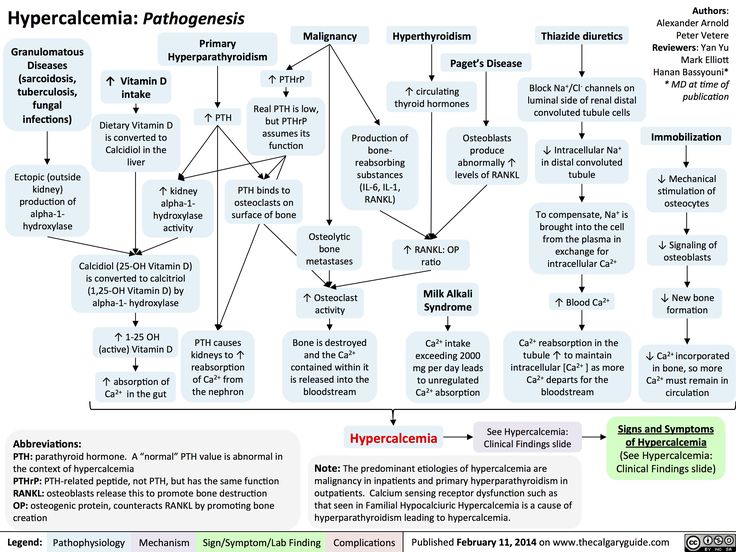
For example, let’s say there’s a big fight at the family dinner table between your parents or a parent and a sibling.
While a healthy reaction to this would be to know you didn’t cause the fight, you may assume it was your fault for not preventing it.
10. You fear abandonment.
If you were abandoned as a child, either physically or emotionally, you might carry this fear for the rest of your life.
11. You are a people pleaser.
This is a survival trait that can develop as a result of being abandoned or experiencing neglect on a regular basis.
Pleasing other people is an attempt to win them over when you fear their criticism. You hold onto the belief that if you’re nice enough, this person will not abandon you.
You probably developed this trait to be able to detect the mood of the adults around you so you could respond appropriately.
12. You experience or witness abuse.
Abuse can be physical, emotional, or sexual. It also includes neglect from another person or witnessing fighting or someone else being abused.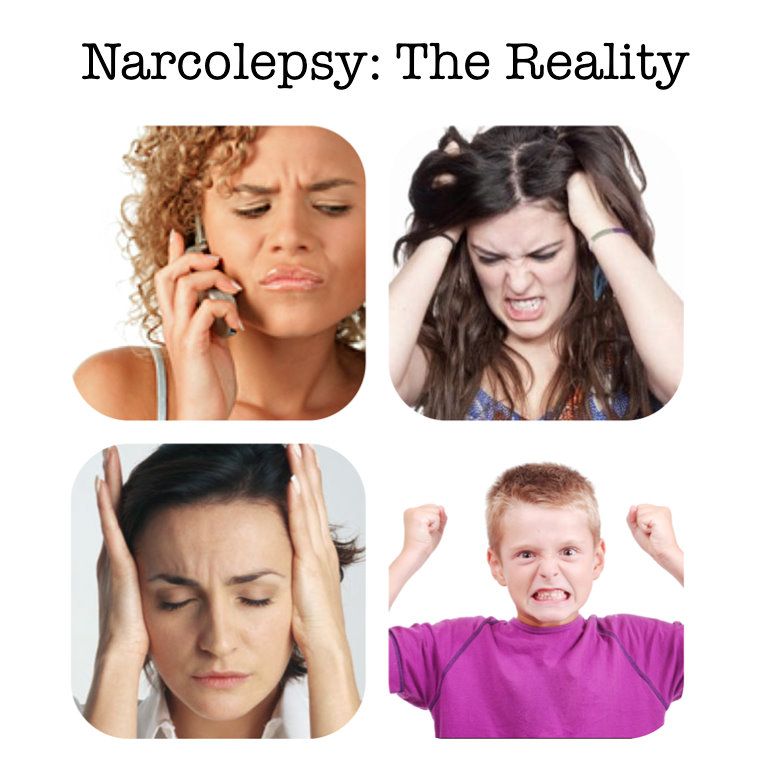
While your parents may not be abusing you directly, exposure to other people’s fights can be just as damaging.
Any kind of abuse leaves family members in need of emotional care.
Physical and sexual abuse leave obvious scars and can be easily understood by others.
Emotional abuse can be much more subtle, easier to deny or hide, and harder for others to understand.
Some of the signs of emotional abuse include the following behaviors (some of which are explained in more detail below):
- Constant ridicule and criticism
- Threatening
- Bullying
- Gaslighting
- Controlling behaviors
- Shaming and guilt-trips
- Manipulation
- Withholding love, affection, or sex
- Contempt
- Narcissistic behaviors
- Unpredictable emotional outbursts
- Verbal abuse
- Sarcasm used to wound
- Name-calling
- Intense anger
- Lack of respect
- Selfish, childish behaviors (from adults)
- Intolerance
- Extreme jealousy and suspicion
- Spitefulness
- Turns others against you
- Regularly invalidates others in the family
- Plays mind games
13.
 There is little or no discipline.
There is little or no discipline.Neglect refers to a lack of basic needs but also to a lack of any discipline and structure.
If no one takes on the role of being in charge due to substance abuse or emotional distress, then children are left to fend for themselves.
14. The holidays are not joyful.
No matter what types of holidays your family celebrates, there are sure to be times where the whole family gets together to try to enjoy a special meal or exchange gifts.
If you dread these occasions and never find joy in them, it may be due to a dysfunctional family situation.
Holidays tend to add stress and unmet expectations for everyone, but a dysfunctional family can be thrown into a tailspin as a result.
15. You wish you were in someone else’s family.
Maybe you go to a friend’s house and find it peaceful, or you see your neighbors next door always having fun playing in the yard.
If you wish you could be a part of their family instead of your own, it could be your way of wishing you could escape.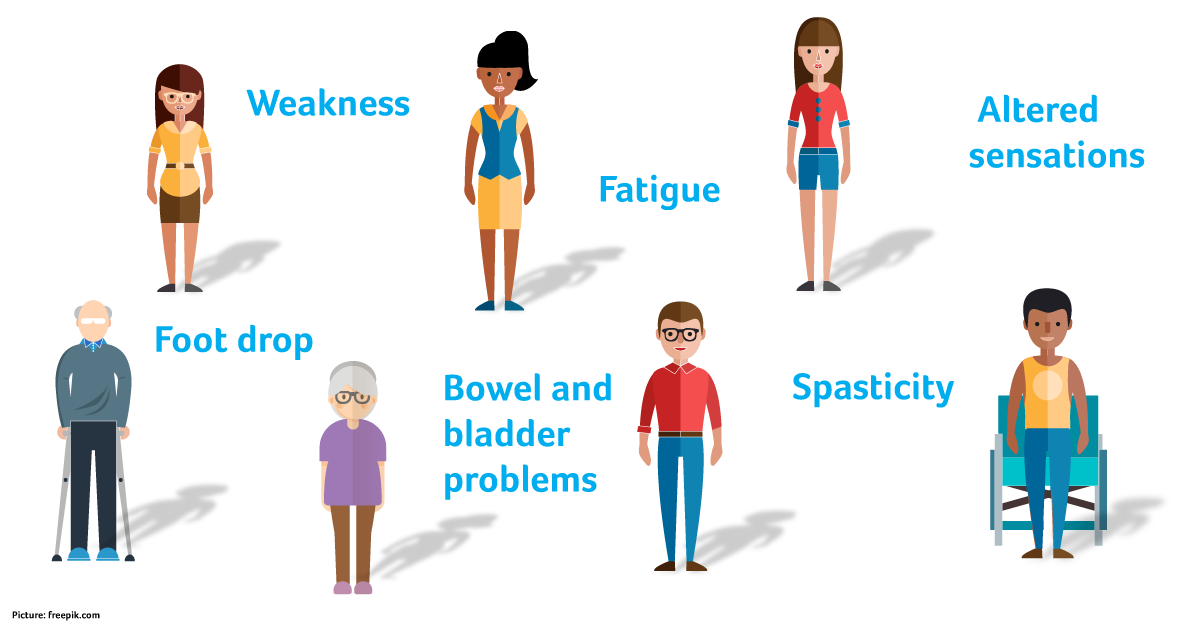
16. You think you’re the only normal person in your family.
Everyone else seems to have some kind of issue, and you can’t find an ally in any of your siblings or either of your parents.
Their craziness and dysfunction makes you feel isolated and lonely.
17. They are controlling.
Families who use money, threats, guilt, or even some type of reward to control other people in the family is an unhealthy and harmful behavior that is one of the signs of emotional abuse mentioned earlier
Those who control try to create a power dynamic in order to get what they want at the expense of the other person’s mental, emotional or physical well-being.
18. They are quick to place blame.
Accountability requires stating clear boundaries and allowing natural consequences to happen when the boundaries are crossed.
Placing blame on other people is a dangerous habit that typically occurs with victimization.
Families who blame each other for their feelings or experiences are failing to take personal responsibility for their own roles in situations and are setting themselves up for codependency.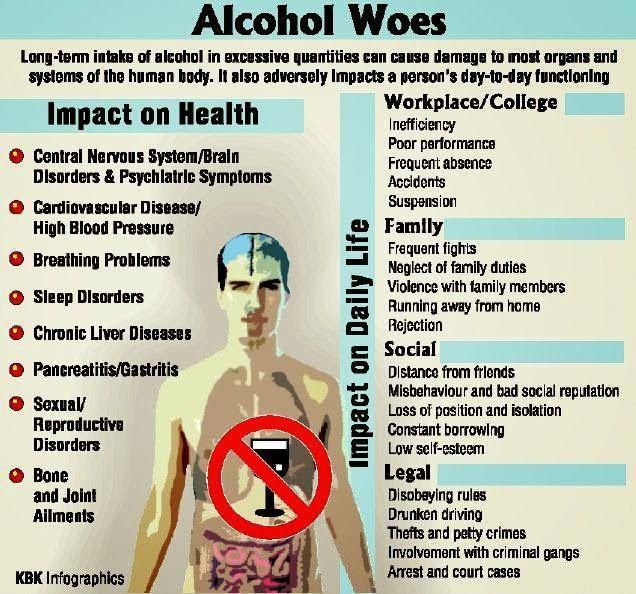
19. Punishment is used instead of discipline.
Discipline and punishment are not the same things. Discipline involves training and teaching while punishing is just enforcing a penalty.
If you have a family that only practices punishment, it is usually in the form of emotional or psychological punishment.
For example, if you do something that is unacceptable to your family, they may give you the silent treatment for an extended period of time, which is psychological punishment and is toxic.
20. They use threatening tactics.
There are definitely some families who use threats to maintain control. For example, a family may threaten to disown a child if they make certain choices.
While this may sound common, it is not acceptable and is definitely not healthy.
Families who threaten each other emotionally, physically, psychologically, or otherwise are toxic.
21. They alter the truth.
Dysfunctional families often twist their intentions, experiences, and even the memories that they recall to avoid being held accountable.
This behavior is also known as “gaslighting.”
There are a lot of ways that someone in your family can distort you, what you want, and your life experiences both with and without them.
No matter how they distort the truth, if someone is doing it, they’re a toxic person.
22. Abuse, addiction, and mental illness go untreated.
Active abuse within a family, as well as untreated addiction or mental illnesses, clearly qualify a family as being dysfunctional.
This dysfunction is exacerbated when the abuser or addict denies the problem and doesn’t seek treatment.
Children who live with abusive, addictive or emotionally unstable parents never feel secure and safe and grow up with a variety of mental health issues that can be debilitating.
23. The family is unavailable.
Dysfunctional families are emotionally unavailable. Whether or not the family is physically present doesn’t matter.
Emotional availability is an important factor in a healthy family. If someone is emotionally checked out, they are making themselves unavailable to everyone else around them.
If someone is emotionally checked out, they are making themselves unavailable to everyone else around them.
When a family is unavailable, even if it is simply by only having superficial relationships with each other, they are likely dysfunctional.
24. They’re dismissive.
Families who fit the dysfunctional model will likely dismiss the evidence that this is true, as well as anyone who brings it up.
This is usually an effort to avoid accountability. Regardless of the reasoning, dismissing family issues is toxic and causes harm to all of the members.
25. There is unpredictability.
If parents are extremely inconsistent, meaning a child can never be sure how his or her parents will respond to their behaviors, this is a red flag.
Unpredictable behavior is often the result of drug or alcohol abuse that is intermittent.
One day mom or dad is fine, and the next day he or she is passed out on the couch.
Another unpredictable behavior is when parents are prone to outbursts of anger, making other people in the household live in a constant state of apprehension.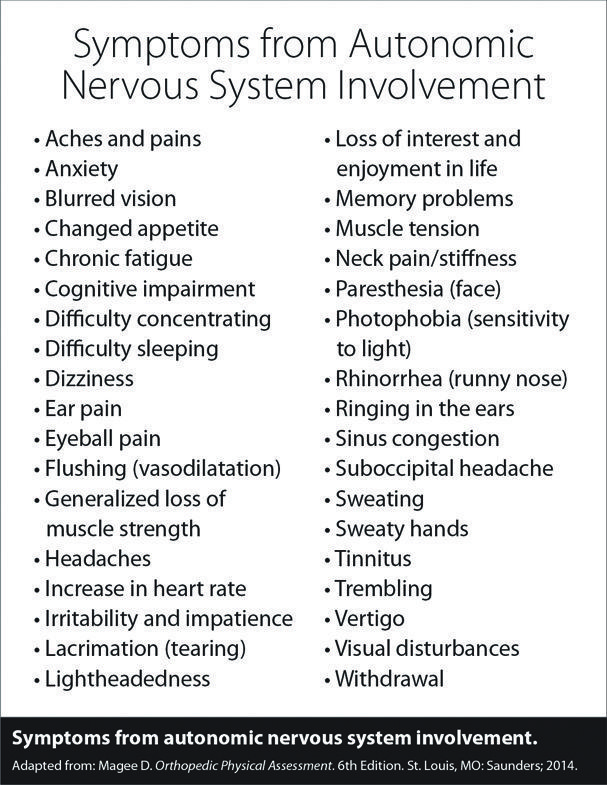
26. There is constant conflict.
Of course, all families have conflict sometimes, but if there is never a break from the conflict in the family, and people are always at odds with each other, this is a sign of dysfunction.
This conflict could be verbal, physical, or even silent — but with tension so thick you could cut it.
It often occurs between the parents, whether they are divorced or married, and is witnessed by the children.
27. There is a lack of empathy.
It is important in a healthy family for parents to be able to listen to their children’s feelings and try to empathize with their issues.
It is not healthy for a child if their feelings are always being dismissed, or they have no outlet to discuss the common issues that children face during their developmental years.
28. You experience role-reversal.
Role-reversal within a family is when a child takes on the responsibilities of a parent.
This happens when one parent is unable to fulfill their parenting duties due to mental illness, substance abuse, absence, or any other reason.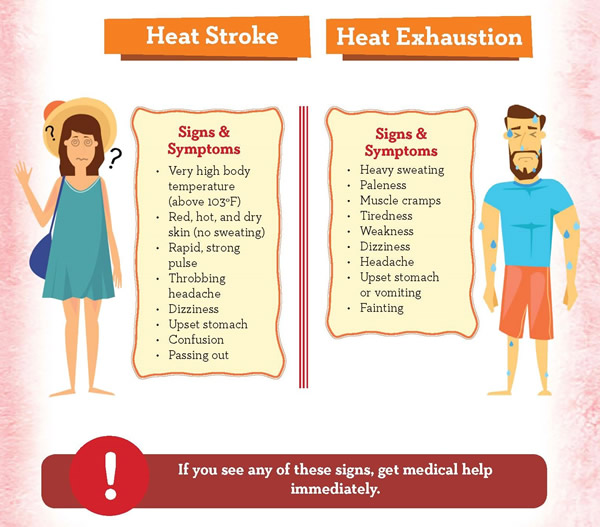
This forces the child to take on the role of a caretaker while their own developmental needs are not being met.
29. There is excessive control.
Excessive control can look like many things. It may be one parent controlling the other through emotional abuse, physical aggression, finances, or ultimatums.
It could also be parents controlling their children by not allowing them to do normal childhood things like play with friends or have any sense of independence.
30. There is no sense of privacy.
Of course, parents want to know what their children are doing, especially when it comes to online activities or when they are out with their friends.
However, there are certain boundaries that should not be crossed, and children should be able to have some sense of privacy, especially as the years go on.
A dysfunctional family may have parents who feel like they have the right to know more than they really do.
Whether this means secretly snooping or openly demanding that other members of the family share everything with them, it is crossing boundaries.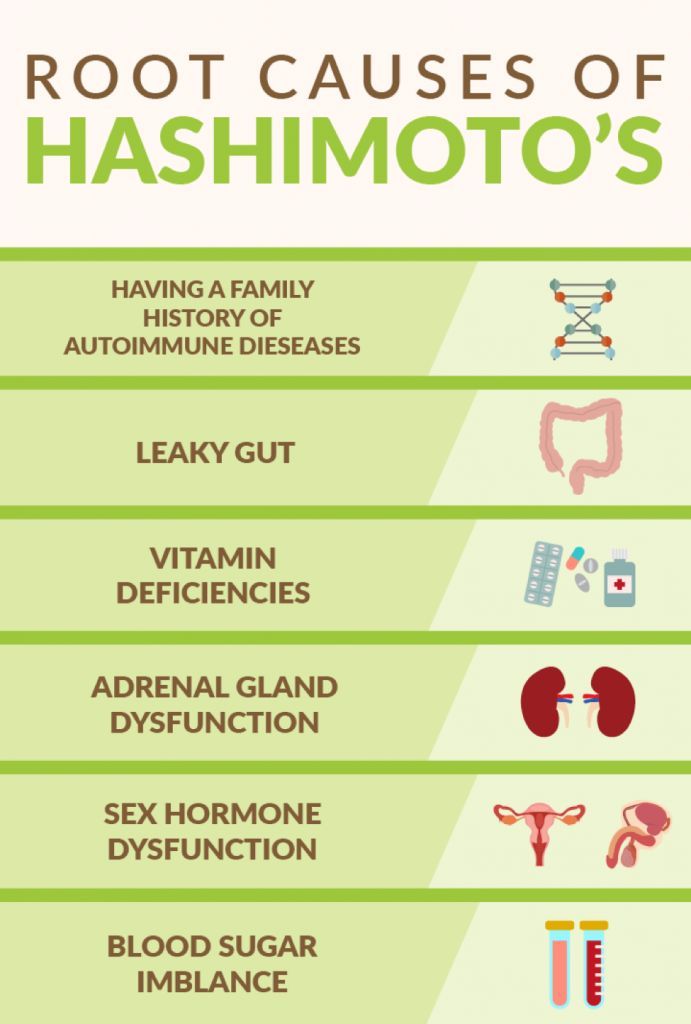
Perhaps this person constantly tracks your every move and then justifies it by saying “If you aren’t doing anything wrong, I should be able to look.”
This is a violation of privacy and shows there is a lack of trust. This police-like presence is damaging for a family.
31. Teasing is allowed to go too far.
Families should not have a bully. Humor and teasing can be a healthy mode of interaction in families, but the key to this is whether or not it feels loving and comfortable for everyone involved.
In dysfunctional families, emotional abuse can be disguised as “I was just kidding, don’t be so sensitive.”
This not only allows the original criticism to stand, but it also adds an additional criticism of someone displaying an “incorrect” reaction to a situation.
Also, this person is essentially being told that they don’t have the right to their own feelings, which is a classic sign of dysfunction.
32. There is unfair treatment of one or more family members.

This unfair treatment frequently occurs with one (or both) of the parents due to the child’s birth order, gender, abilities, sexuality, or any number of reasons.
It is clear to all other members of the family that one member is being singled out and treated differently — whether positively or negatively.
33. There is abnormal sexual behavior.
Sexual behavior that includes promiscuity, adultery, or incest that is witnessed or known by the children in the family is deeply dysfunctional and harmful behavior.
Also, allowing children to become sexualized too early or allowing them to witness sex acts is also dysfunctional and confusing.
34. Family members disown each other.
A family can become dysfunctional when conflicts become so untenable that members disown one another and cut each other out of family life.
This disowning can involve a parent/child relationship, a grandparent, siblings, or members of the extended family who were once actively part of the family.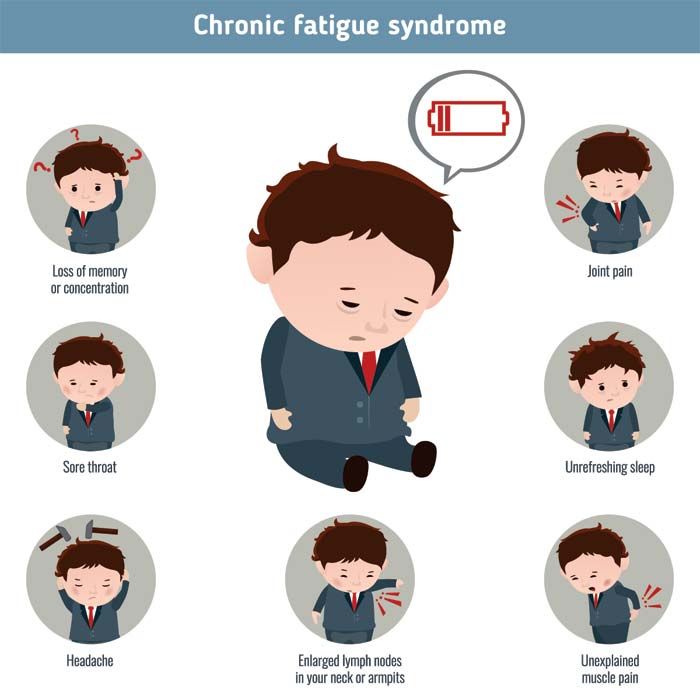
35. Children are used as pawns.
A common dysfunctional parental behavior is when one a parent manipulates a child in order to create an adverse outcome of some kind to the other parent’s.
This behavior might include gossiping about the other parent, trying to get information from the child about the other parent, or trying to get the child to dislike the other parent.
36. Only conditional love is offered.
This is emotionally abusive behavior in which love and affection are withheld unless the other family member complies with some request, need, or desire of another member.
A parent might show love and approval to a child only when he or she excels in sports or academics. A wife might withhold love and affection from her husband until he gives in and acquiesces to her demands.
37. There’s a dogmatic or cult-like environment.
This can happen in a family that is extremely religious or has cultural requirements that are strict and demanding.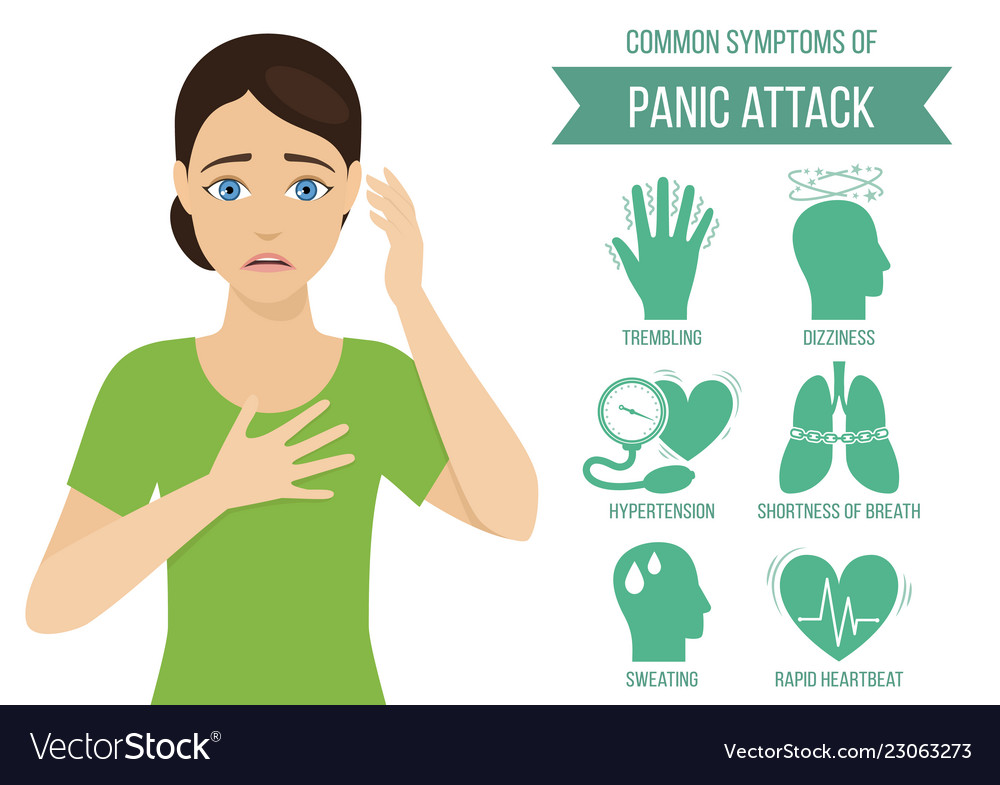
Often harsh and inflexible discipline is used to keep family members “inline” so they won’t question authority or develop their own opinions.
38. There’s a lack of support from the non-dominant parent.
In dysfunctional families, one parent is often the one who will abuse or neglect the children in the family, and the other parent allows the abuse to happen without intervening.
The non-dominant parent may also be a victim of the other parent’s abuse or just may not want to rock the boat further, so he or she does nothing to protect the children.
As a result, children take on the blame for the problems in the family and assume they are “bad” because no one has stepped in to stop the abuse.
39. There’s codependency between family members.
Codependency is a condition in which one family member enables the addiction, mental illness, bad behavior, or immaturity of another member.
Sometimes the entire family is codependent when they all cover up or pretend that a family member doesn’t have a serious problem when it’s clear they do.
How To Deal With a Dysfunctional Family
The impact of growing up in a dysfunctional family can be long-lasting and painful.
However, it doesn’t have to determine your destiny or your happiness forever. You can learn to heal.
Here are some ideas to help you:
Apply Adult Thinking
You can overcome leftover feelings from living in a dysfunctional household with a new adult point of view.
You are no longer a helpless child who doesn’t have the skills to understand the dysfunction and see it for what it is.
Don’t try to make excuses for the dysfunction or enable a bad parent or sibling by sweeping it under the rug.
Don’t Try to Change the Past
It’s important to remember that you can’t change the past and the dysfunction at the core of the family will likely always exist.
You can’t change people and sometimes you need to just allow yourself to have a healthy distance.
Don’t try to make up for the past or recoup lost time by trying to salvage relationships that are past the point of repair.
Instead, protect your well-being and move forward by creating a family of your own that has healthy and thriving relationships.
Avoid the Victim Mentality
You may have been cheated out of a healthy childhood, but don’t allow this victim mentality to continue on into your adulthood.
- Don’t let your past control your present by failing to become a well-adjusted adult.
- Create a new identity that does not focus on the pain you endured in the past.
- If possible, try to find the strength to forgive.
If you are able to do this, do it on your own terms and just allow these feelings of forgiveness to help you let go of the past.
Define Who You Want To Be
Make a conscious effort to know who you want to be and work toward becoming that person. This may take some time depending on the severity of your family dysfunction.
Learn more about emotional maturity and how to communicate effectively in relationships.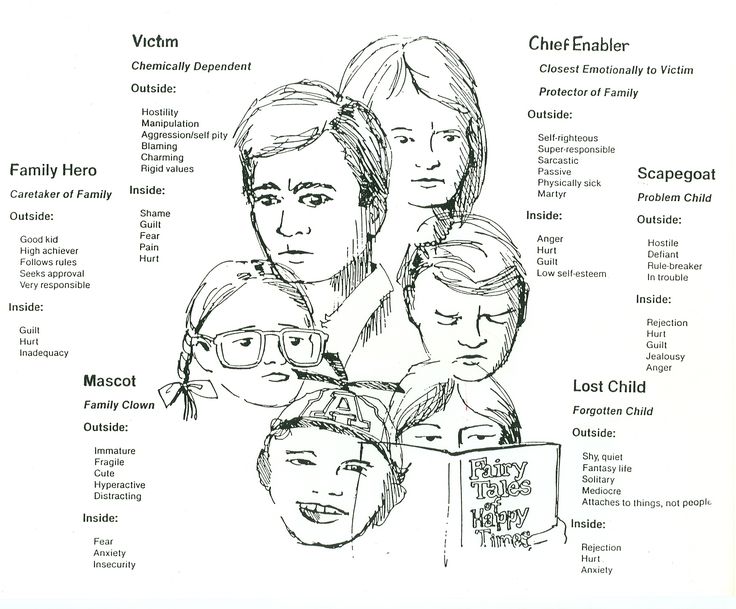
Just understanding the emotional abuse and dysfunction in your primary family can help you define what you don’t want to be.
Become the parent that you wish you had had so your own children grow up in a loving and secure environment.
Become the partner or spouse you wish you’d witnessed in your parents so your relationship is strong and healthy.
Get Counseling
If the family dysfunction is severe, you may need counseling or a support group for healing from the trauma you experienced.
You may not be able to move past the pain and enter into healthy relationships without doing the growth work required through therapy.
Find a licensed counselor who specializes in family dysfunction, abuse, and addiction (if appropriate). Make a commitment to your personal evolution by doing this life-altering work.
More Related Articles:
How To Recognize the 8 Signs Of Emotional Manipulation
10 Ways to Cope With Toxic Family Members
79 Self-Care Ideas For Stressed Out People Pleasers
Did you grow up in a dysfunctional family?
If you’re reading this post, it’s likely you experienced some of the behaviors and situations described here.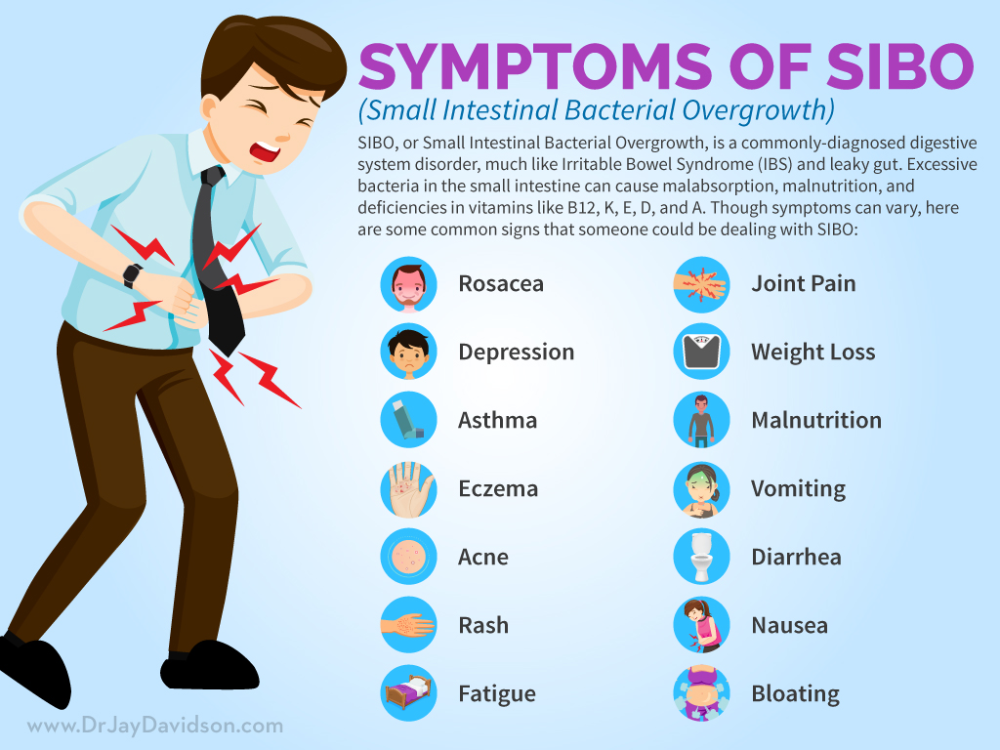
We’d like to commend you for taking action and learning more about the difficulties you experienced in your family.
Don’t allow your past to infect your current and future happiness. You can move past the pain.
Ultimately, the most effective way to heal from a dysfunctional family is to live your own fulfilling life.
You’ll always be connected to the dysfunction you have endured, but your long-term success and happiness are in your own hands.
When you understand this, you’re already on your way to healing.
11 signs of family dysfunction - and what to do next
Toxic family - how to identify and what to do?
Our society establishes the family as the main institution of human life, writes Ideapod. It's right. The family shapes the first years of our lives. And this education is crucial for adults. However, not everyone has been blessed with a healthy, loving home. There is also a toxic family dynamic.
shutterstock Suppression, neglect, emotional, sexual or physical abuse, overprotection are just a few of the signs of a toxic family.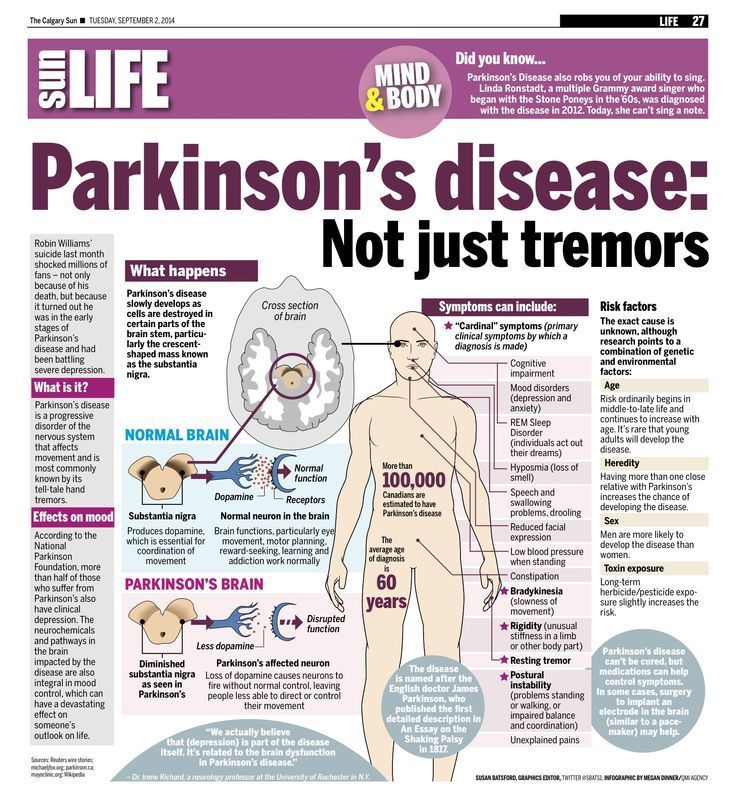 But unlike other relationships, you can't cut family ties so easily. Shared history, emotional and biological ties make it difficult to navigate or exit these relationships.
But unlike other relationships, you can't cut family ties so easily. Shared history, emotional and biological ties make it difficult to navigate or exit these relationships.
But where is the line between functional and dysfunctional? How can you tell if this line has been crossed?
How do you know if your family is "toxic"?
It is normal for disputes to arise in the family. No matter how much we love each other, we all have differences. However, a healthy and loving family knows how to deal with these conflicts and differences with trust, respect and an open mind. You are in a good and loving home if you are allowed and encouraged to have your own thoughts, speak your mind and live your own life according to your own desires.
The toxic family is the opposite of that.
Toxic families are rife with abuse, discrimination, manipulation, verbal abuse, etc. In such a family, narcissism or even psychopathic behavior is usually observed. This can be the main cause of instability in the home.
This can be the main cause of instability in the home.
For example, if one of the parents is very dramatic and uses emotional blackmail to get what they want. Which can often lead the other parent to "cop" behavior so as not to cause the other parent's shenanigans. In any case, the toxic family dynamic affects most of its members to the point of causing anxiety, depression, and a host of mental illnesses.
11 signs of a toxic family.
Now you have a general idea of what makes a family toxic. However, the dynamics of toxic families can be displayed in different scenarios. There is a fine line between "functional" and "dysfunctional". Here are some more iconic signs that your family has crossed the line.
1. Emotional neglect.
When one or more family members engage in toxic behavior, they often receive most, if not all, of the attention. According to avowed clinical psychologist Sherry Campbell, this leaves the victims "emotionally hungry.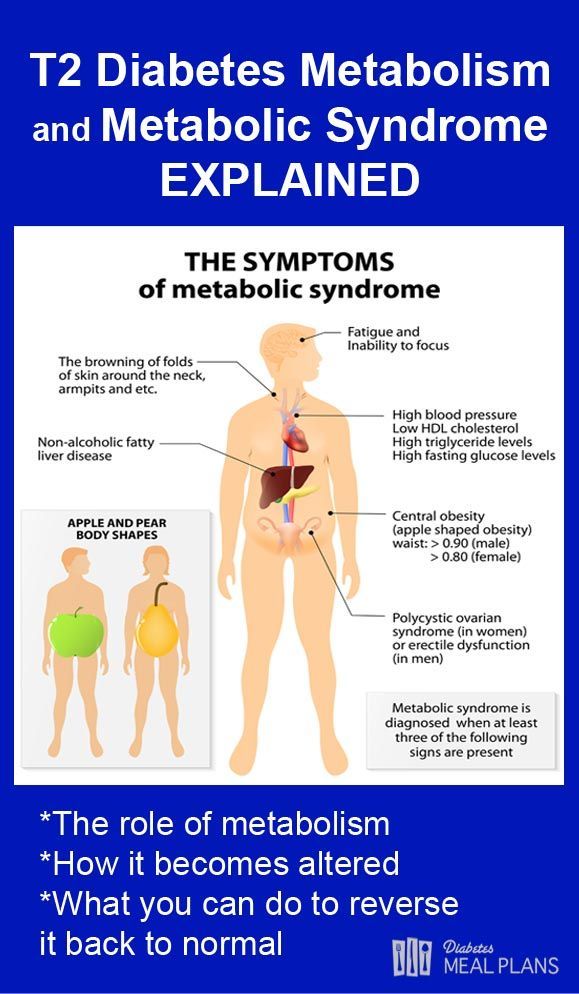 " This mostly happens to children. However, the effects may still show up into adulthood. Dr. Campbell explains:
" This mostly happens to children. However, the effects may still show up into adulthood. Dr. Campbell explains:
“Family dynamics depend on the needs, desires and dramas of the parents. Children are not seen as people, but as things to be controlled, used and manipulated.”
istockParents often act in ways that make their children feel "emotionally obsessed." Or they may play favorites and focus on one of the children while neglecting the rest. Emotional neglect can lead to insecure attachment - clinging, disrespect for boundaries and dependency. It can also lead to the opposite - alienation and emotional avoidance.
2. Unhealthy control.
We all want what is best for our loved ones. Sometimes we feel that they do not know what is best for them, so we intervene to improve them. However, control becomes unhealthy when it is relentless and done for selfish reasons. Money, emotional blackmail or lies are used to manipulate you into getting what they want.
In particular, emotional blackmail is used all too often. Parents or family members will use attachment or suffering to control the household. Saying "it's for your own good" no matter what you think.
gettyimagesResearchers found that those raised by warm and supportive parents were happier and more satisfied with their lives. On the other hand, controlling parents made their children unhappy and unhappy afterwards. According to lead author Dr May Stafford:
“Psychological control was significantly associated with lower levels of life satisfaction and mental well-being. Examples of psychological control include preventing children from making their own decisions, invading their privacy, and increasing addiction.”
3. There is a chronic conflict in the family.
One of the signs of a toxic family is a constant unresolved conflict between its members. Quarrels never end. Conflicts are never resolved.
This is because households are unable to resolve conflicts in a healthy way.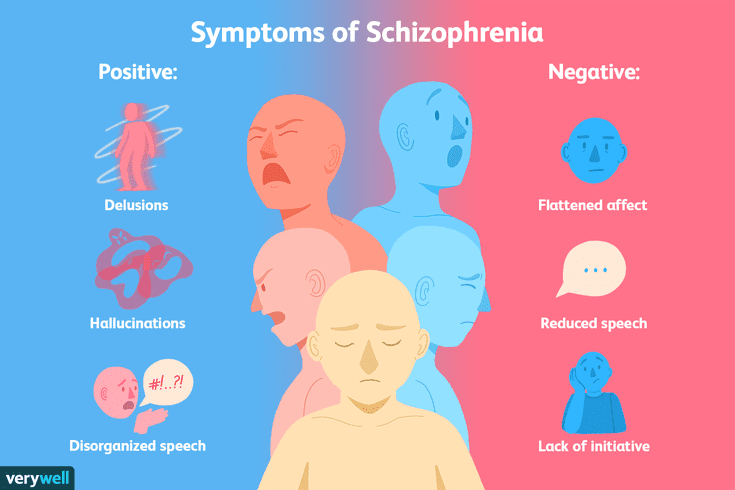 The reasons are different for every family. Mostly, it's because of a messed up parenting style - aggressive, controlling, or neglectful parents. If this happened during the developmental period of the child, the psychological effect would be detrimental.
The reasons are different for every family. Mostly, it's because of a messed up parenting style - aggressive, controlling, or neglectful parents. If this happened during the developmental period of the child, the psychological effect would be detrimental.
Research shows that when children blame themselves for their parents' fights, they develop antisocial behavior. While children who feel threatened by constant conflict develop emotional problems such as depression.
4. Parentification.
What is a "pathological household" or "parentification"? This is when the parent-child dynamic is completely reversed. One or both parents are often absent, leaving children responsible for the daily care of themselves or other family members.
Do you ever feel like you were forced to "grow up" too soon? Were you given heavy responsibilities when you were a child - sometimes without a choice? Parents may be absent due to addiction or their own psychological problems.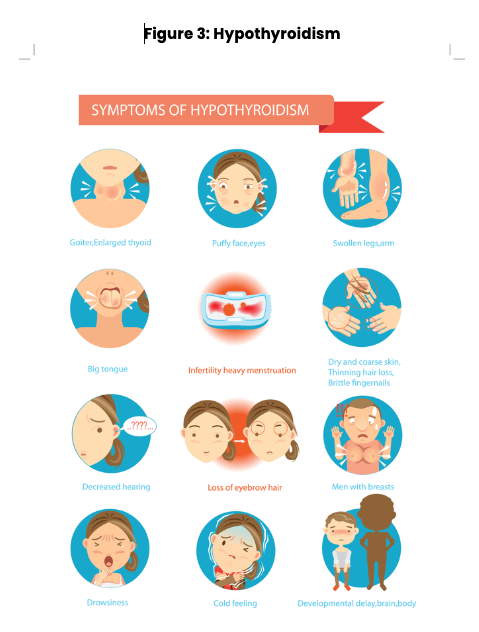 We often see parentification in families that abuse alcohol or drugs.
We often see parentification in families that abuse alcohol or drugs.
In any case, the parents are not able to perform everyday functions - cook, feed their children, etc., which forces them to take on these responsibilities. Because children do this at the expense of their own developmental needs and goals, it can lead to disproportionate personality development, self-doubt, and an inability to develop healthy interpersonal relationships.
The saddest thing about this is that it affects you for the rest of your life. You may feel the need to always fulfill the role of "caretaker" and regularly neglect yourself.
5. Domination.
Some toxic families are "dominant-submissive". This means that one member of the family - often the figure of the parents - controls everything. They do not take into account the feelings or opinions of other participants. Whatever they say, it's the law.
Dominant authority figure makes other members feel dumb and helpless. In parent-child relationships, the dominant parent causes children to grow up with low self-esteem. It dominates in all cultures.
In parent-child relationships, the dominant parent causes children to grow up with low self-esteem. It dominates in all cultures.
Research shows that in Eastern culture, as in countries such as India, children associate the dominance of "paternal negativity" with low self-esteem. Meanwhile, in Western culture, "motherly negativity" is more noticeable. The dominant-submissive dynamic can also occur between siblings. Research shows that these relationships tend to develop from adolescence to adulthood, with older siblings being more dominant.
6. Violence.
There is nothing more obvious than violence to tell you that the family is toxic. But violence is not limited to physical violence. It can also mean emotional, sexual, psychological, economic, spiritual, and even legal abuse. It is also considered violence when family members see or hear violence.
gettyimages If you grew up around domestic violence, even if you weren't directly physically abused, it still counts as abuse.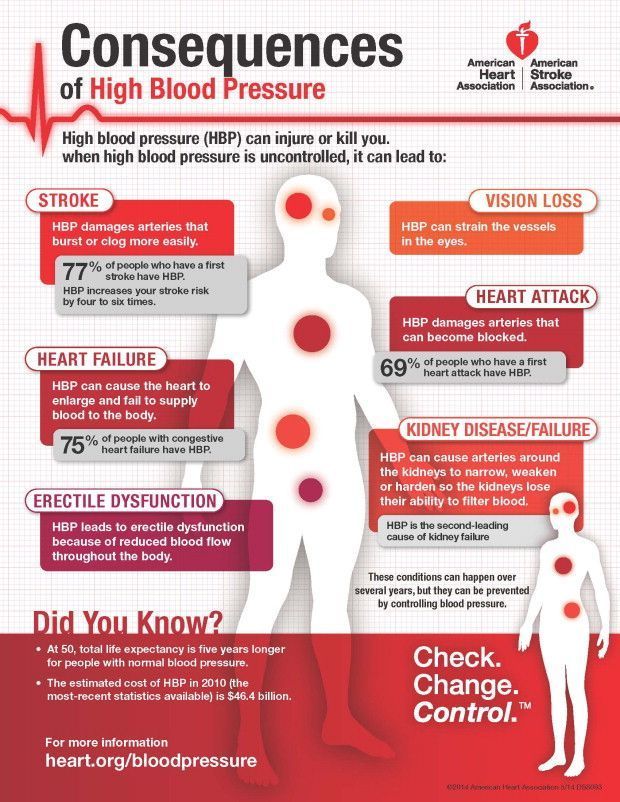 This means that you are still experiencing the psychological effects of being a victim of abuse. The consequences of growing up in a violent home extend from physical wounds. This can cause profound psychological distress, from depression, post-traumatic stress disorder, to addiction to drug and alcohol abuse.
This means that you are still experiencing the psychological effects of being a victim of abuse. The consequences of growing up in a violent home extend from physical wounds. This can cause profound psychological distress, from depression, post-traumatic stress disorder, to addiction to drug and alcohol abuse.
7. Exploit.
Have you ever felt that your only purpose in life is to take care of your parents or siblings? Do they show affection or value you as long as you can meet their financial or emotional needs?
shutterstockYes, it can't be as blatant as physical or verbal abuse. But it's still a sign of family dysfunction. Healthy adults can take care of their own needs without needing someone else to provide for them all the time. Exploitation occurs when there is deliberate manipulation or abuse of power. It happens when someone takes advantage of a person or situation.
If you experience this, remember:
- You don't have to attend to their every need.
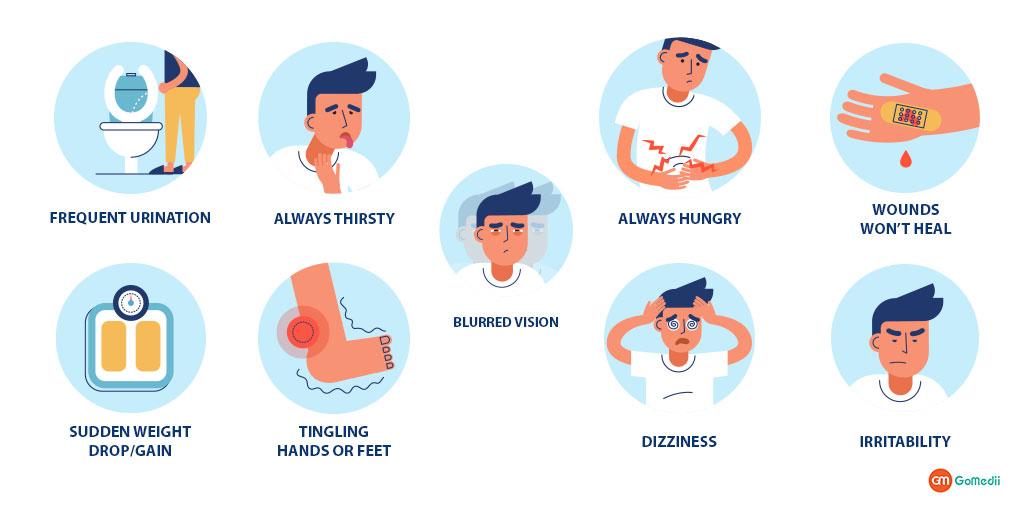 They should not exploit you emotionally or financially.
They should not exploit you emotionally or financially.
- Family should be around, yes. It should be a support system, but it shouldn't take all of your time and effort.
- A healthy family is a unit of support and love, but it is not a constant source of commitment. Love is supposed to be given freely, if not unconditionally.
8. Infantilization.
Infantilization is evident when there are one or more narcissistic members in the family. It can also come from parents who have low self-esteem. According to the Collins Dictionary, a more formal definition of infantilization is "the prolongation of a person's infantile state by treating him like an infant."
Simply put, it is the deliberate making of someone to feel much younger than their age - as a person incapable of responsibility, decision making, or success in life.
gettyimages Parents may view their children as extensions of themselves. As a result, they are threatened by the thought that their children are "running away" from their property.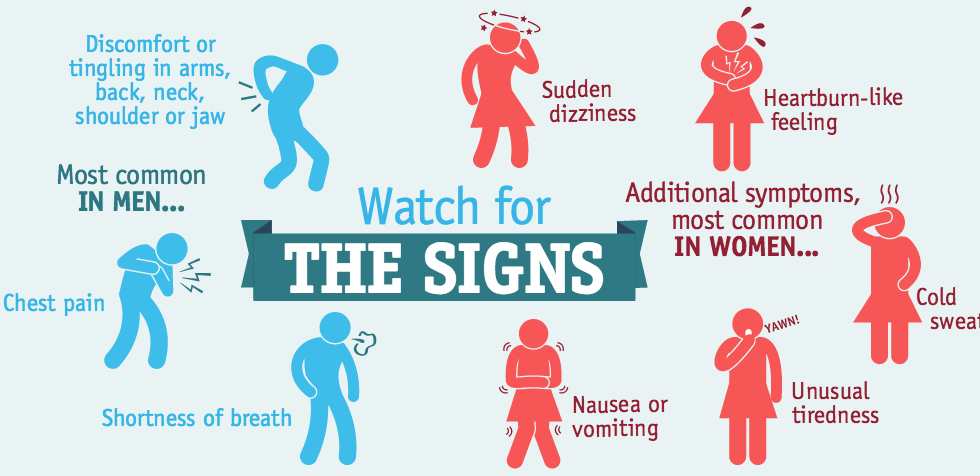 They will use several tactics to keep you in the loop. Ultimately, they do everything they can to undermine your growing independence.
They will use several tactics to keep you in the loop. Ultimately, they do everything they can to undermine your growing independence.
Effect? According to licensed clinical and forensic psychologist Dr. Shannon McHugh:
“Parents who infantilize their children will emphasize the child's incompetence in independent activity, which prevents them from feeling confident in their ability to do anything independently without this parent.
"Ultimately, this can lead to the child becoming anxious or insecure about being on his own or making his own decisions, which can lead to overdependence on parents and an inability to function in the world on his own."
If you have been infantilized all your life, you may have your own feelings of low self-esteem. You doubt your decisions and choices. You are afraid to take risks. And you find it hard to find confidence when you need it most.
9. Discipline versus punishment
That's where people get confused.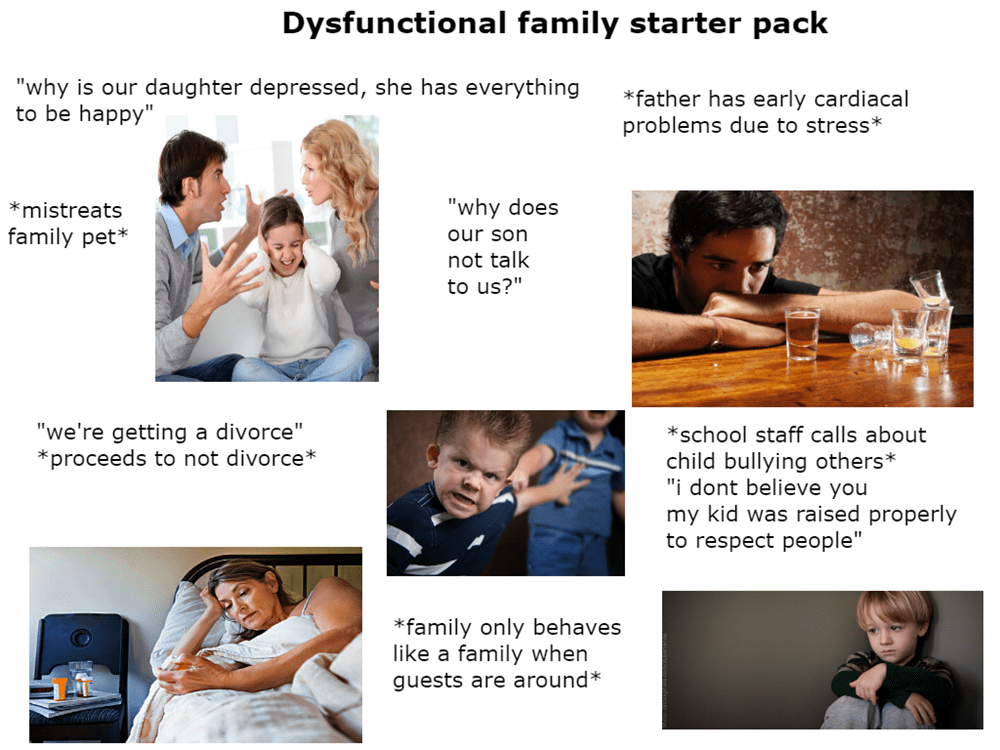 Discipline looks different than punishment.
Discipline looks different than punishment.
It's easy for a child to feel "punished" when your parents are just trying to discipline you. We were all left in our rooms and not given what we want because we did something wrong. It's all part of raising children. When you do something wrong, your parents need to show you why. It's a way to instill morality.
istockBut the discipline is active.
On the other hand, poisonous punishment happens if there are no lessons to be taught. You are punished only for the act. Or you are punished more severely than the crime requires.
Toxic punishment is another control exercise.
Even in adulthood, this can still happen. When a family member refuses to talk to you when you do something they don't like, it's considered toxic behavior.
10. Harsh judgment and criticism.
We are all afraid of family reunions for one particular reason - incessant questions:
- "When are you getting married?"
- “Do you still have the same bad job?”
- "Are you doing something with your life?"
It's normal for families to be a little critical because they only want what they think is best for you. But the toxic family is taken to another level. It's an environment where you never understand anything. Even when you succeed, they still find ways to overwhelm you. They diminish your accomplishments and constantly make you feel incompetent and unsuccessful.
But the toxic family is taken to another level. It's an environment where you never understand anything. Even when you succeed, they still find ways to overwhelm you. They diminish your accomplishments and constantly make you feel incompetent and unsuccessful.
Heartbreaking result:
You develop a harsh inner critic.
People who grow up in healthy and loving homes have been blessed with years of loving affirmation that has given them an innate self-esteem that allows them to take criticism and rejection in stride.
On the other hand, when you grew up in a very critical family, all you ever knew was the negativity rooted in self-doubt in a raised family.
11. Chaotic household.
A chaotic household is a bit of everything. It would seem that you won the prize for the "Most Toxic Family" in the lottery. While some dysfunctional families may have a problem or two, a chaotic household is the icing on the cake.
This is a family dynamic where there are no boundaries.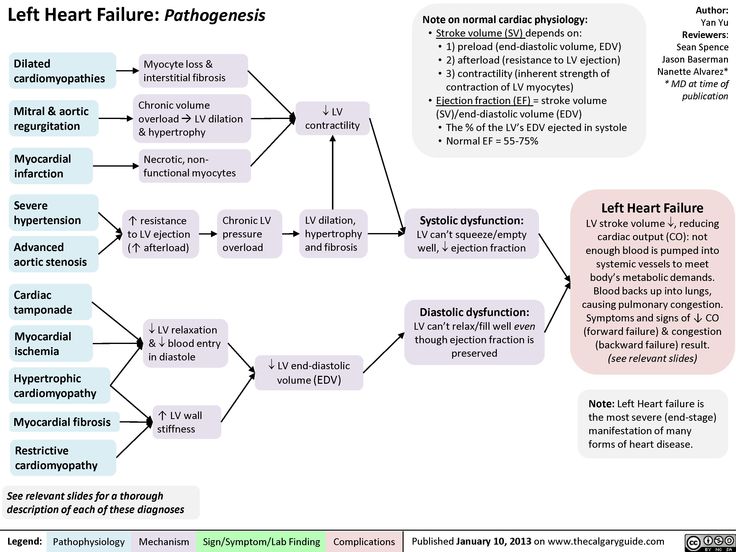 And in principle, zero stability. Or perhaps instability is the only stable factor. In a chaotic family, attachment does not exist. Or, if so, the members have an insecure attachment to each other. Children have trouble concentrating at school or on the street due to constant conflict at home. Discipline is also rare.
And in principle, zero stability. Or perhaps instability is the only stable factor. In a chaotic family, attachment does not exist. Or, if so, the members have an insecure attachment to each other. Children have trouble concentrating at school or on the street due to constant conflict at home. Discipline is also rare.
Ultimately, chaotic households leave children with little to no care. It could be something simpler, such as mild observation of physical and emotional neglect, or even sexual abuse. You are in a toxic family if you are constantly surrounded by chaos and there is very little organization in your daily life.
Causes of dysfunction in families
There are many reasons why a family can become toxic. Ultimately, instability is caused by a toxic system that affects every member of the family. Author and psychotherapist Dr. Harriet Lerner explains:
“Families are dysfunctional because families are alarm systems. There is always something that sends emotional shock waves into a family as it moves through the life cycle.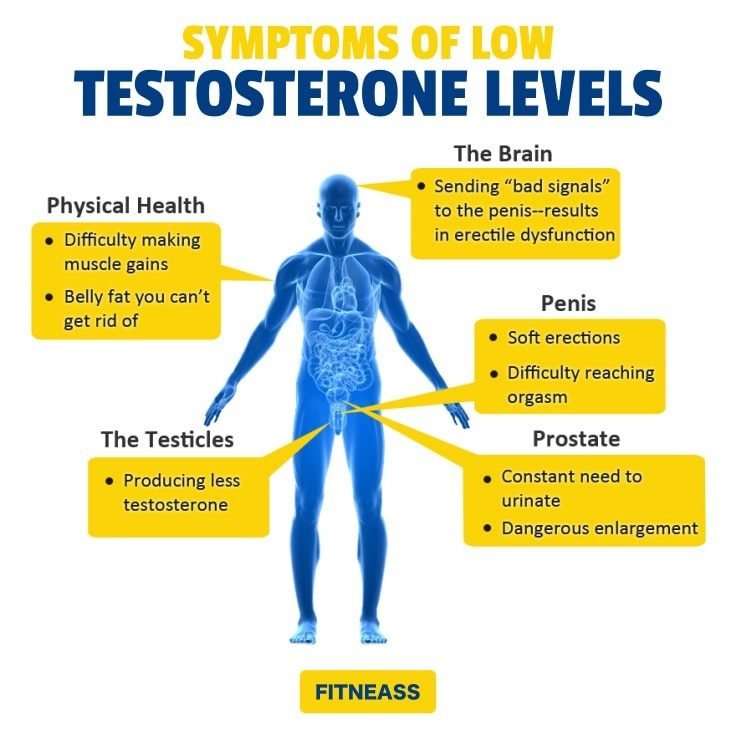 "
"
“Anxiety, for example, sets triangles in motion. Family members take sides, lose objectivity, and focus excessively on each other with anxiety or blame, and join one person's camp at the expense of another. Anxiety increases reactivity, which causes family members to quickly try to change and fix each other.”
In the worst case, this can be due to the abuse of parents who control and distort everything in their path. This may be due to a history of abuse from their own childhood. Sometimes it can also be cultural. In some countries, toxic behavior may be considered "normal" and is often ignored.
Here are other reasons why a family becomes toxic:
- alcohol or drug abuse;
- soft parent or supportive family member;
- chronically ill family member;
- family member mental/personality disorders;
- unexpected death or accidents in life;
- history of family dysfunction from previous generation;
- absent parents.
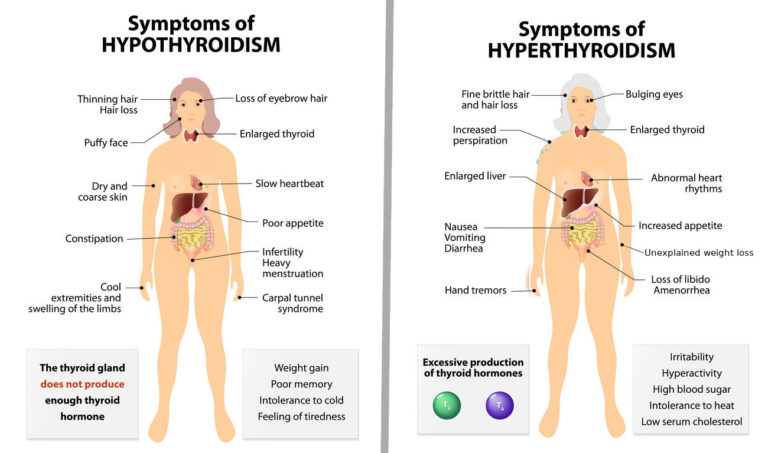
When to say enough is enough?
It is important to remember that a family will never be perfect. Life happens in a way that brings problems to even the most loving homes. It is important to remain understanding and supportive when someone you love is going through something difficult. However, when negativity becomes a pattern and it regularly brings only sadness and anxiety into your own life, you realize that this is wrong.
Being in a toxic family is actually one of the main reasons why people seek therapy in the first place. According to licensed social worker Alithia Asturrisaga:
“I have worked with countless people who have lived their lives dealing with toxic family members and significant others. In fact, it's one of the main reasons many people seek therapy."
shutterstock Everyone wants to have a good relationship with their family, but trying to connect with abusers, narcissists and control junkies is too much of a challenge.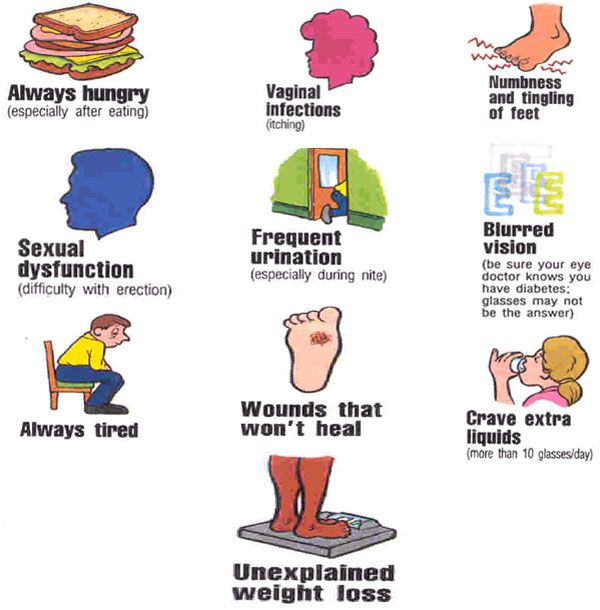 Even if they are family.
Even if they are family.
Sometimes there comes a time when you have to say "enough!". Only you can determine when that time will come.
Family Services of America Licensed Professional Consultant Shannon Battle says:
“Sometimes you have to hurt one person to help another. Harm is never intended to be evil, but is always done with love and respect. Behavior depends on the choice. I believe there is a point in our lives when we have to cut off people because they do us more harm than good.
When it comes to choosing between your well-being and maintaining a toxic relationship, the choice should always be your peace of mind.
shutterstockHowever, it has never been so easy. The only thing you can hope for is to let go with grace, kindness, and courage. Sometimes the best thing you can do for someone you love is to let them go » .
8 ways to deal with a toxic family.
1. Have courage.
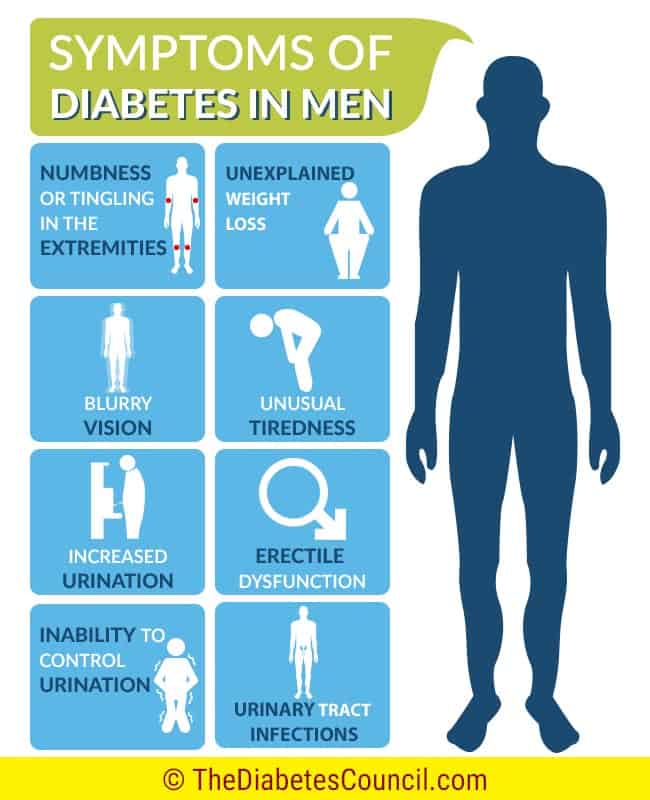
This is easier said than done. A childhood controlled by a toxic family is not the best environment for developing a bold spirit. But here's what you need to understand:
You survived. Regardless of their neglect, manipulation or abuse, you still survived. You may not be the healthiest person in the world, but you were strong enough to survive in this toxic environment.
Now you just need to muster up the courage to confront - whether it's setting solid boundaries, minimal contact, or total cessation.
gettyimages2. If you've tried your best, don't worry about "closing the gestalt".
Some people need help, it's true. Sometimes all a person needs is another chance to improve. Your family may still have a chance to recover. That is if everyone wants to try. Sometimes that's just not the case. Sometimes people are who they are, and they refuse to admit their guilt and change.
If you've tried everything - honest talk, interventions, therapy - and nothing has changed yet, you just need to undo it.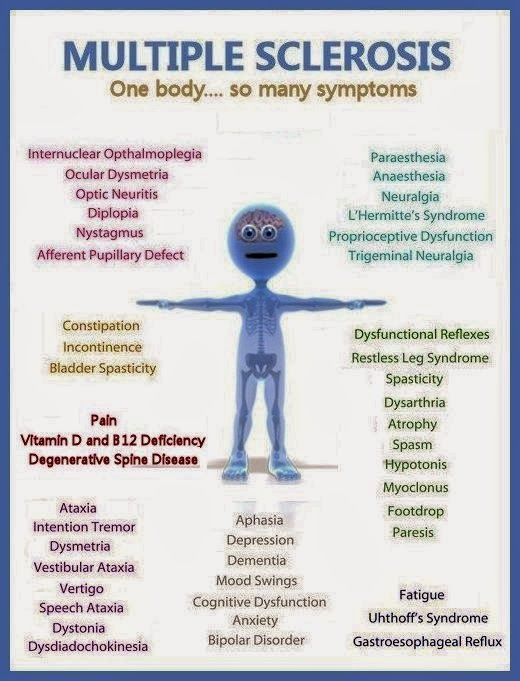 Everything you need to live better is within you. You have the power to leave and be a better, healthier, and happier person.
Everything you need to live better is within you. You have the power to leave and be a better, healthier, and happier person.
3. Let go of what you can't change.
You can maintain the appearance of a relationship with a toxic family without sacrificing your sanity. How? Stop trying to change what is impossible. If a family member is a narcissist or drug addict, you must understand that they cannot get better unless they want to.
Stop focusing your energy on them. Stop reacting to their manipulations. And don't even try to resolve their offensive actions. You can't change who they are or what they do, but you can control how you react to the situation.
Toxic family members are notorious for their inability to self-reflection and admit guilt. They will blame everyone else but themselves. So do yourself a favor and don't engage in their behavior.
4. Stop taking responsibility for your actions.
When you grew up constantly blaming yourself for the tragedy of your life, it's hard not to break that habit. There is a reason why you tend to blame yourself. According to popular psychology author Sandra Lee Dennis, it's a self-defense mechanism. She explains:
There is a reason why you tend to blame yourself. According to popular psychology author Sandra Lee Dennis, it's a self-defense mechanism. She explains:
“Trauma specialists plead guilty to being a victim as a defense against the extreme powerlessness we feel after a traumatic event.
Self-flagellation makes it difficult to process traumatic feelings and memories in order to heal and recover. However, you are no longer a child. You have the awareness to see clearly that it is not all your fault. So stop taking responsibility for your toxic family's actions. They are of course never held responsible for this, so why bother?
gettyimages5. Be direct and persistent.
You can't get anyone to listen if you don't believe yourself you can in the first place. You must be direct and assertive in dealing with your toxic family. Map out your action plan and get it done. Go to the end. Interrupt them if they do or say something toxic. Say no and keep it in mind.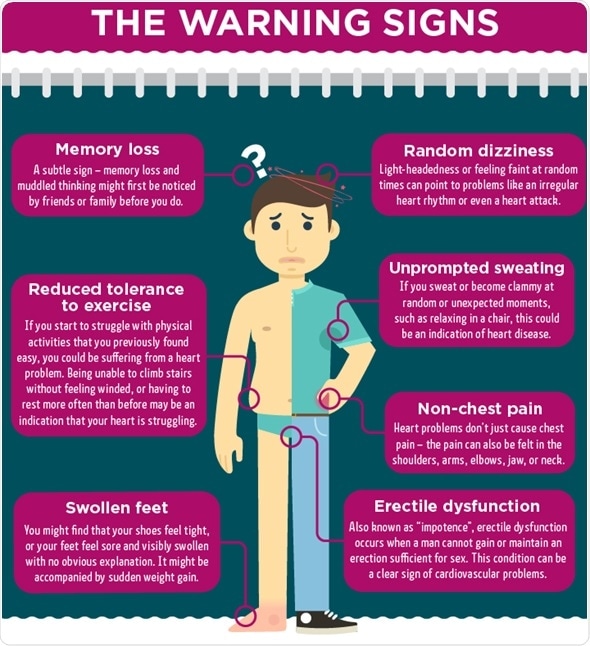
This is the only way to deal with narcissists, rapists and psychopaths. They don't like being told what to do. In fact, they see it as a personal issue to make you give up and see you fail. You have lived your entire life under their rule.
So what can you do? Stand one's ground. Understand exactly how they are abusing you and don't contact them when they do. If they don't listen, it's their fault. But at least you can set the required perimeters and stick to them.
shutterstock6. Set boundaries.
If you decide to maintain a relationship with your toxic family, it is absolutely essential to set boundaries. However, it may be difficult for your family to understand why you need to set boundaries. They may view it as a selfish act. In this case, again, you need to remember that you are not obligated to defend your feelings if they refuse to understand that you are just trying to be mentally healthy.
Boundaries are not about right or wrong.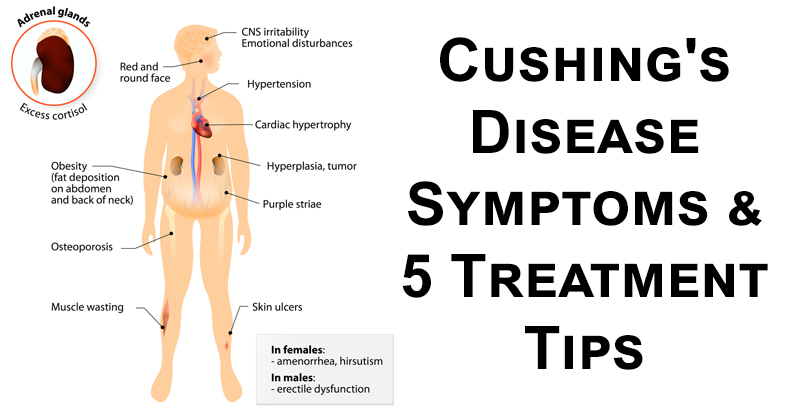 Your personal healthy boundaries are based on your own value system and perspectives and may be completely different than someone else's. This also means that you need to draw boundaries.
Your personal healthy boundaries are based on your own value system and perspectives and may be completely different than someone else's. This also means that you need to draw boundaries.
If someone doesn't want to keep them or refuses to accept them, ask if you really need that person in your life.
7. Maintain minimal contact.
If you don't want to deal with a certain level of family toxicity, but still want to communicate with your family, you can make minimal contact. But remember, it's all up to you.
For some, that means Christmas cards and the occasional phone call. For others, it means only seeing family on vacation. You decide how many contacts you can take out.
mindful.8. Cut ties.
Dr. Sherri Campbell lists 8 reasons why you may need to end relationships with family members. One of them is:
“When a relationship creates so much stress that it affects important areas of your life at work and/or at home.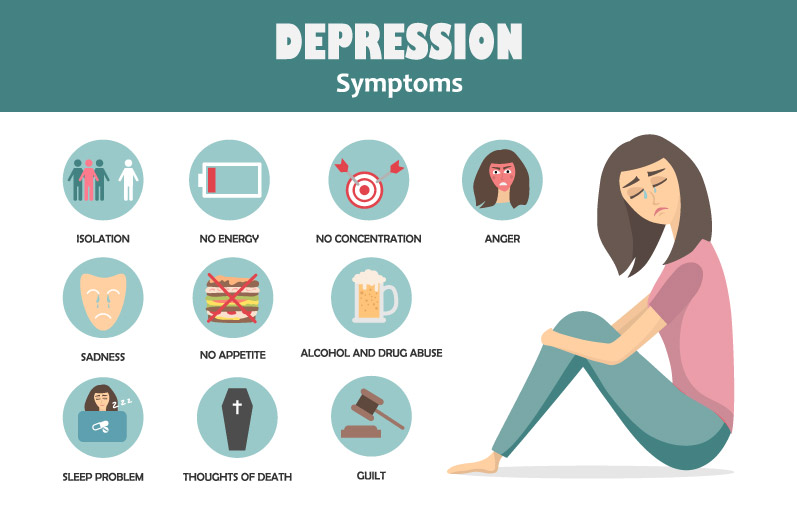 When your emotions are completely taken over by defense and the desire to explain yourself, and the chaos of your relationships with these people is all you talk about, it's time to let go."
When your emotions are completely taken over by defense and the desire to explain yourself, and the chaos of your relationships with these people is all you talk about, it's time to let go."
When something negatively consumes your life, what's the point of keeping it? If it brings you more pain than joy, it's not worth it.
You carry a burden when you try to maintain a failed and toxic relationship. They manage to destroy almost every aspect of your life. It brings inner conflict - doubt, paranoia, depression. The greatest kindness you can do to yourself and that person is to simply let them go with grace.
You decide who to keep in your life. But if you want to be happy and healthy, you need to surround yourself with people who are equally healthy.
Fia Mont
Dysfunctional family
Speaking of a dysfunctional family, psychologists usually mean a dysfunctional family.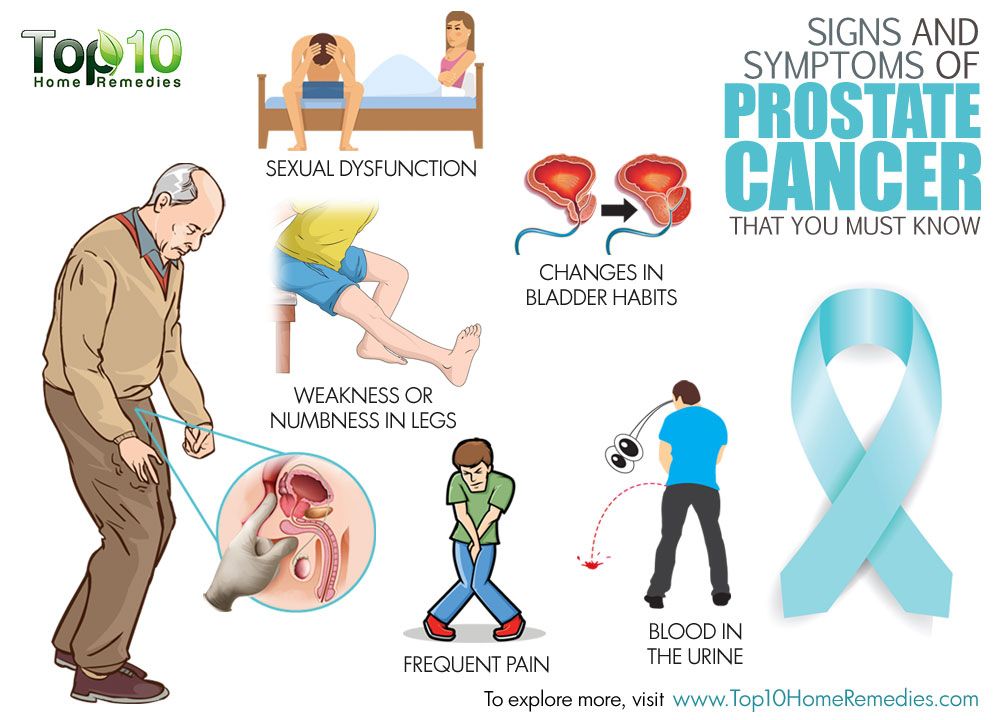 This is a family in which the implementation of the necessary basic family functions for one reason or another is violated. A dysfunctional family is not able to meet the needs of its members for protection, comfort, harmonious development, education and, as a rule, material support. A dysfunctional family is dominated by distorted types of emotional-behavioral scenarios and reactions; the life of such a family is usually saturated with negative emotions and negative energy.
This is a family in which the implementation of the necessary basic family functions for one reason or another is violated. A dysfunctional family is not able to meet the needs of its members for protection, comfort, harmonious development, education and, as a rule, material support. A dysfunctional family is dominated by distorted types of emotional-behavioral scenarios and reactions; the life of such a family is usually saturated with negative emotions and negative energy.
Family dysfunction can be inherited. As a rule, the assimilation by children of the wrong life scenarios of their parents plays a role here. If the mother was unable to create a happy family, and, moreover, she herself provoked conflict situations in one way or another, the daughter can do the same, building her family relationships. The alcoholism of one of the family members can also play an important role in creating a disharmonious family environment. This, as a rule, is one of the common factors of disharmony in family life, which can also be inherited and acquired by inheritance.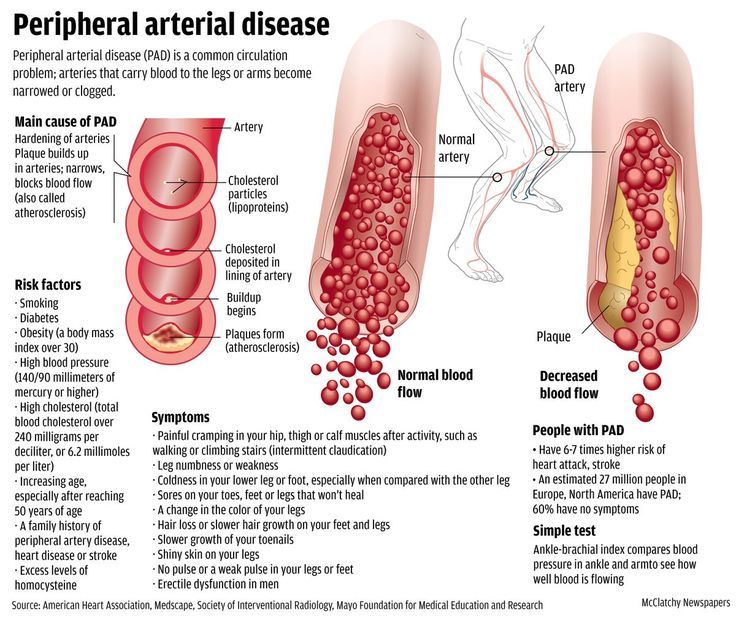
In a disharmonic family, all family members can contribute to the distorted world order of family life, and it may be that disharmony is created by one of the family members. In addition to the aforementioned problem of alcoholism, mental illness, and simply problems with the character and upbringing of a person, can play a role here.
There may also be another situation when the general dysfunction of the family is transferred to one of its members and she becomes a kind of "scapegoat" (for example, an allegedly bad son whom the mother blames for all her troubles, although the blame for building a disharmonious family lies entirely on it). Severe family dysfunction contributes to the formation of the family role of the “symptom carrier”, which is assumed by a family member who has the lowest social status in it due to various physical or psychological reasons. In the role of a “symptom carrier”, he acts as an important link in the complex mechanism of pathological family adaptation.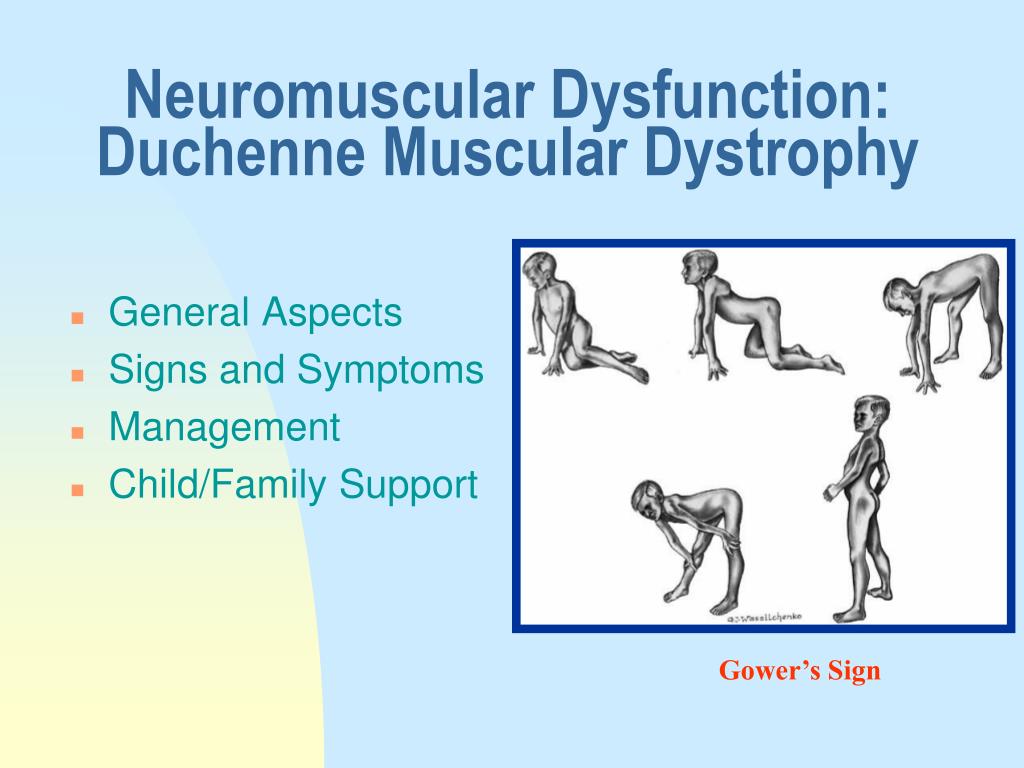
However, it is not uncommon for a family member to have somatic and behavioral disorders as a direct consequence of belonging to a dysfunctional family system. Regardless of changes in external and internal conditions, it stubbornly tries to maintain the usual standards of interaction between elements of its subsystems and other systems. As a result, such a family can block the actual needs of the weakest member (most often a child or teenager). And then he develops some disease (somatic, psychosomatic, mental) or behavioral deviation.
The child as a "symptom carrier" allows the family to maintain old established relationships. For example, if his stomach often hurts, family members are allowed to patronize, protect and feel sorry for him. If he also uses drugs, the family must constantly keep him in the spotlight and strictly control him. Such symptomatic behavior is involuntary, unconscious, and beyond human control. It has a relatively strong influence on other people and can be conditionally beneficial not only to the patient, but also to his relatives.